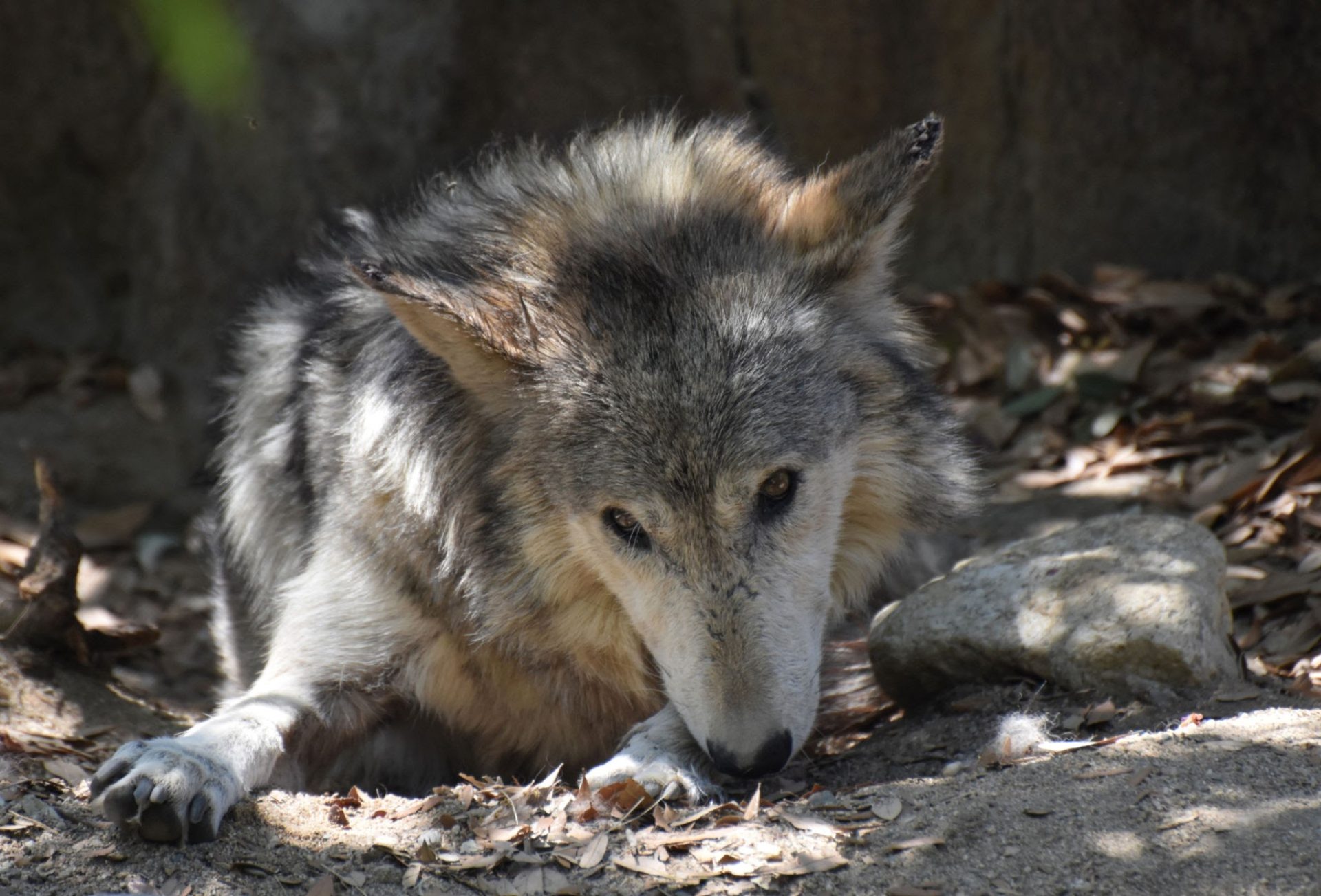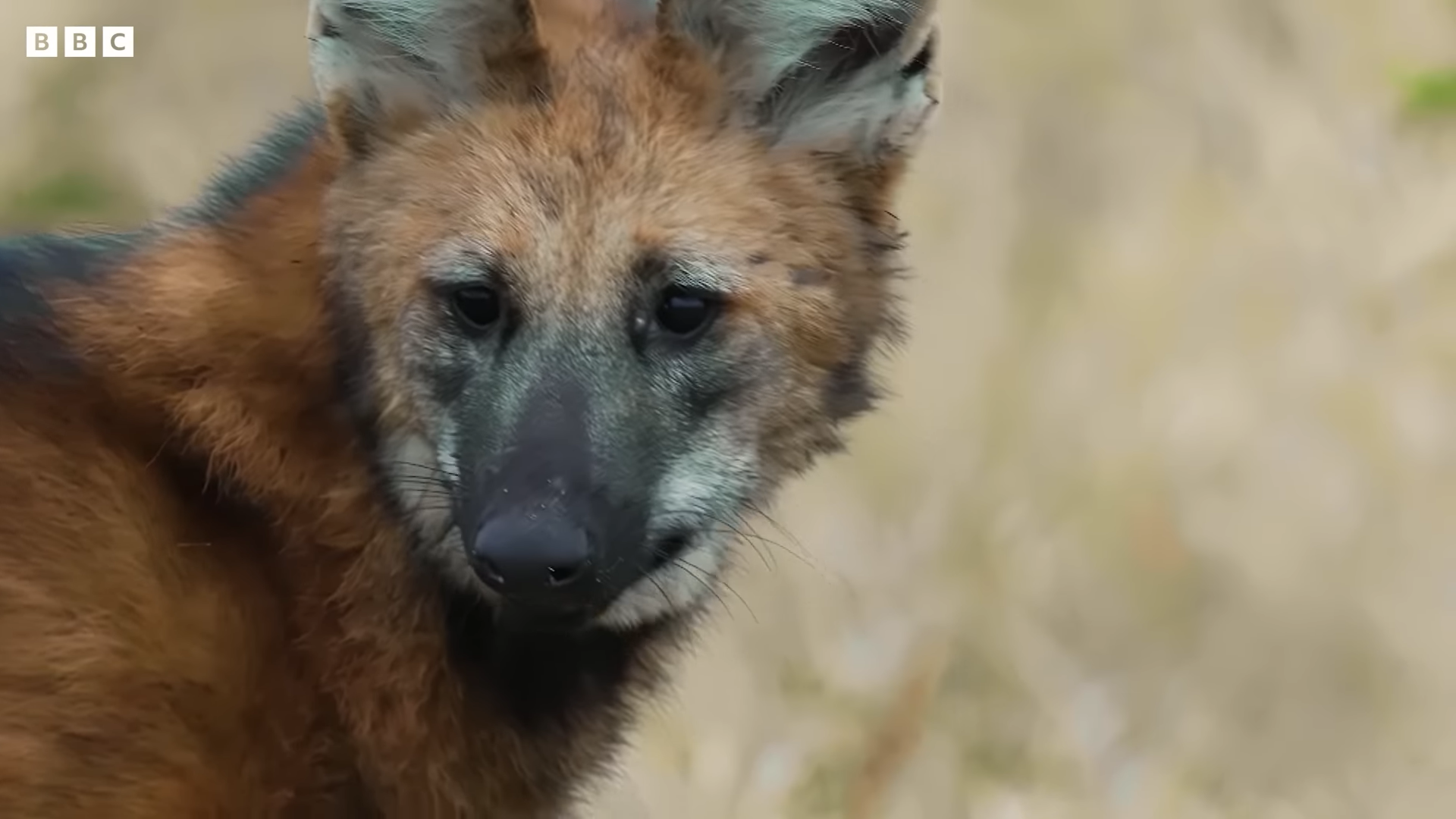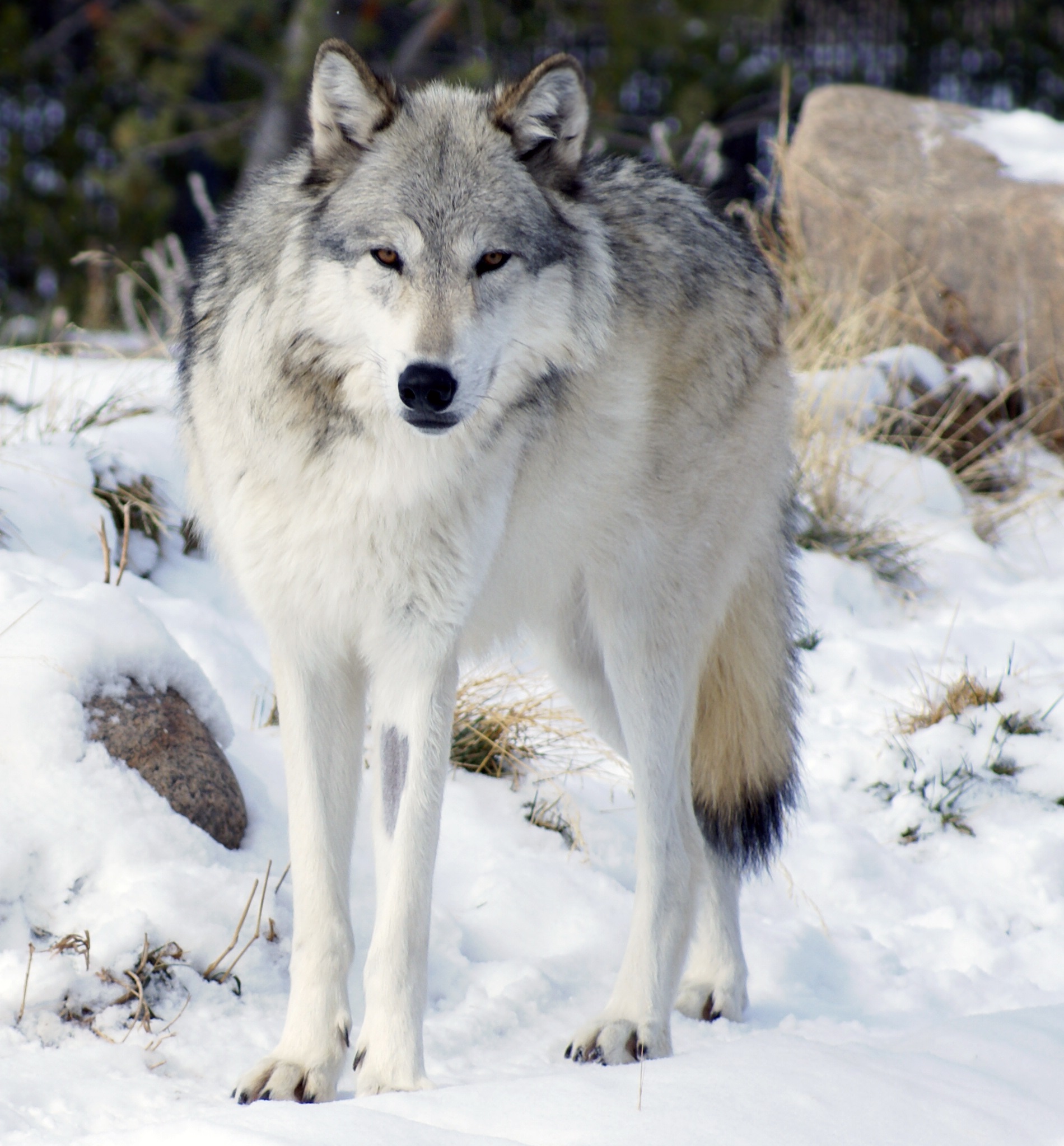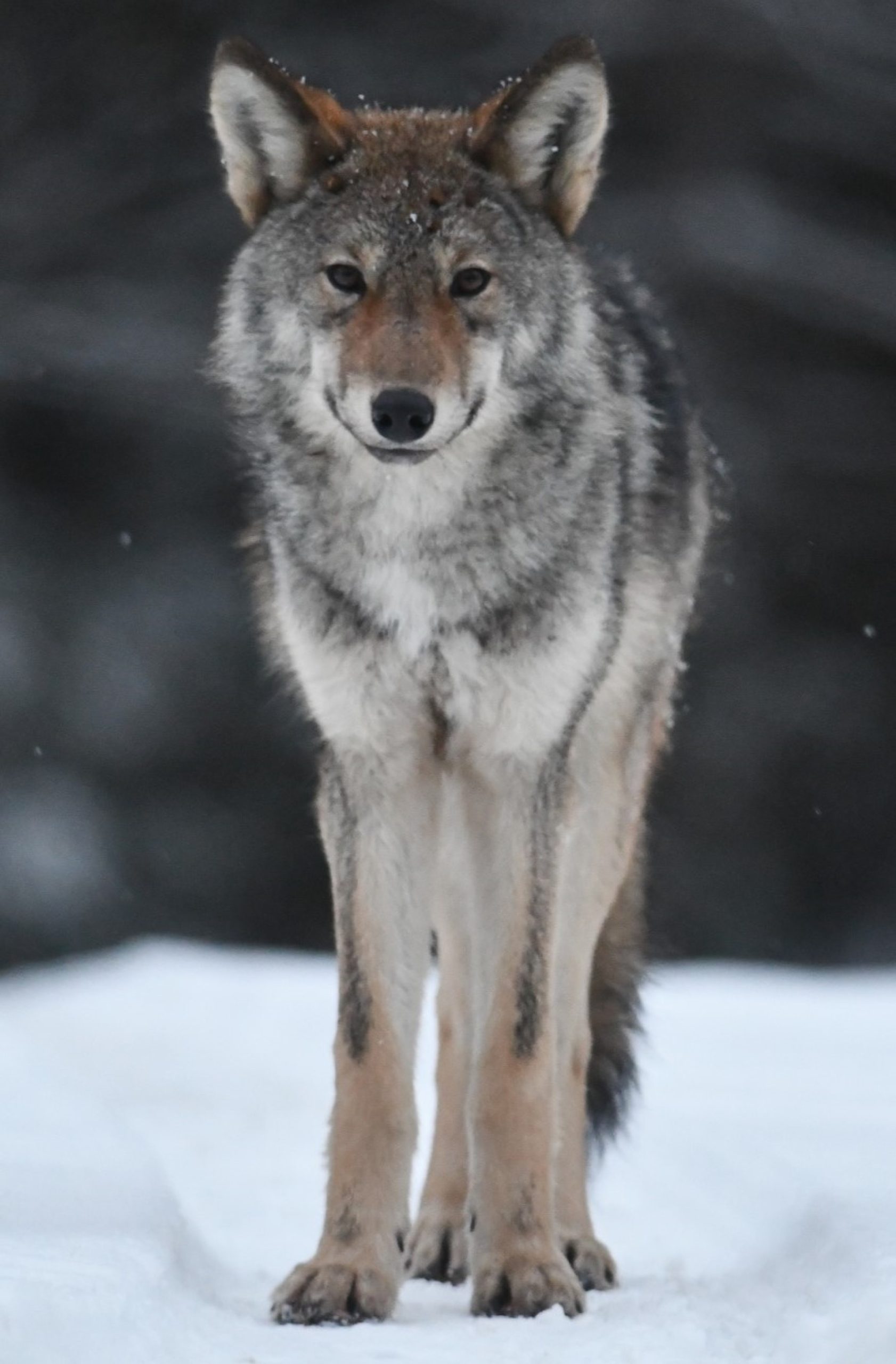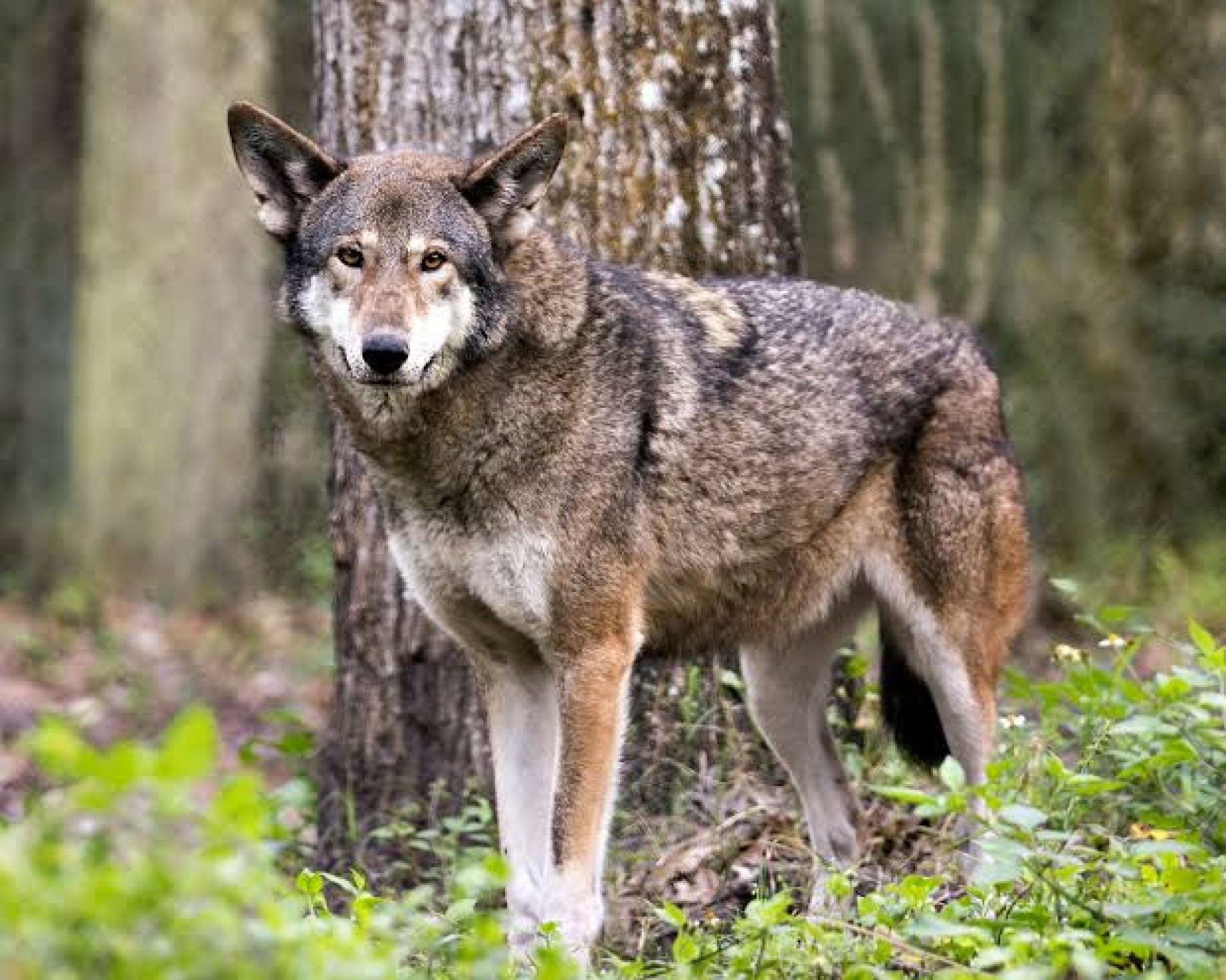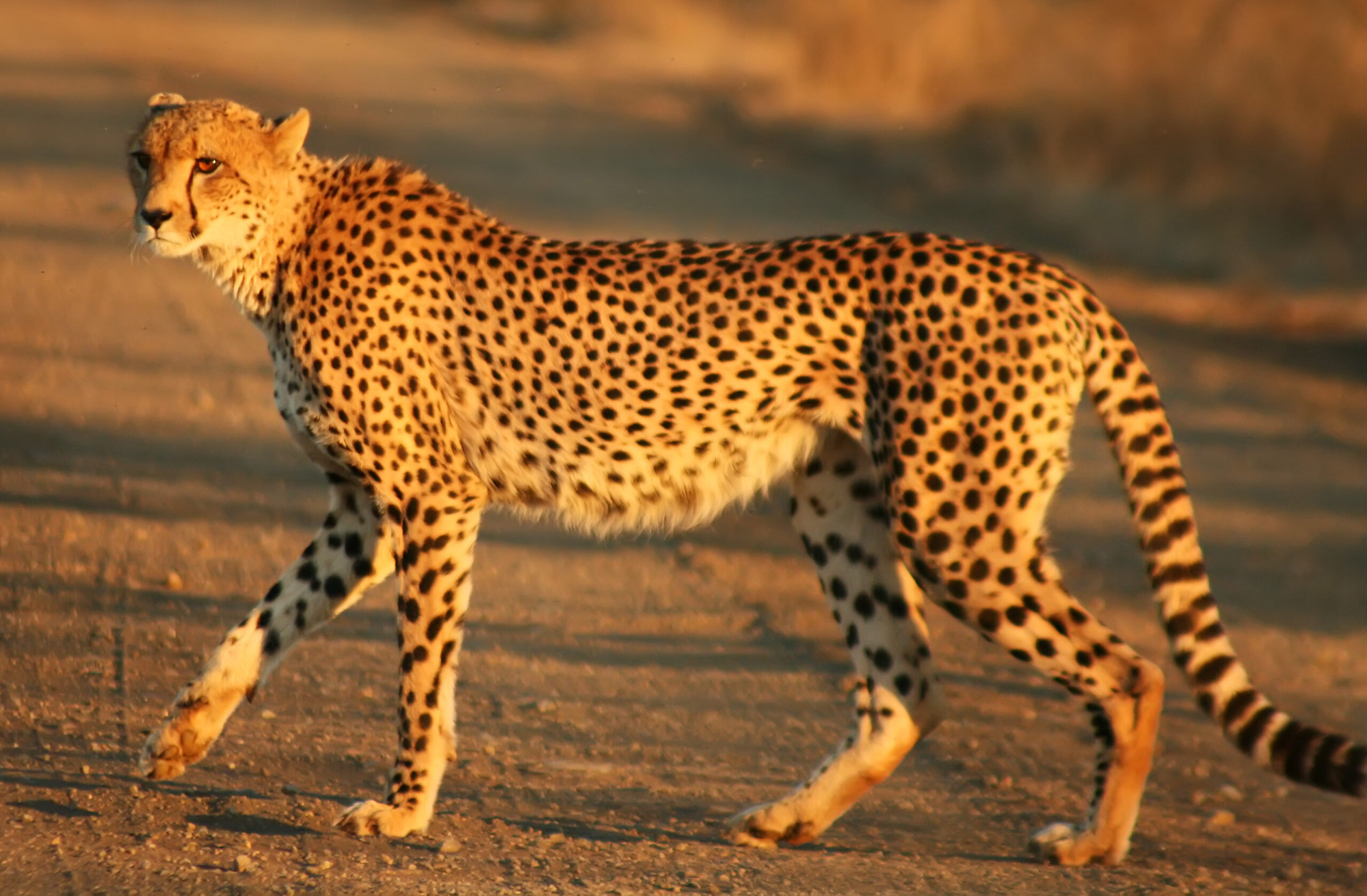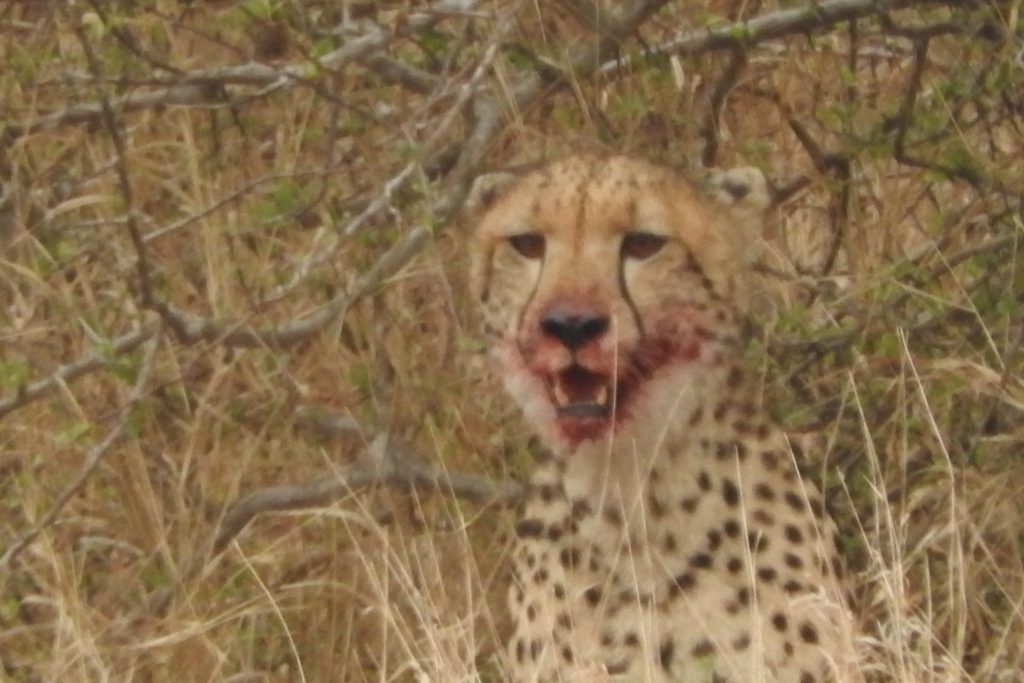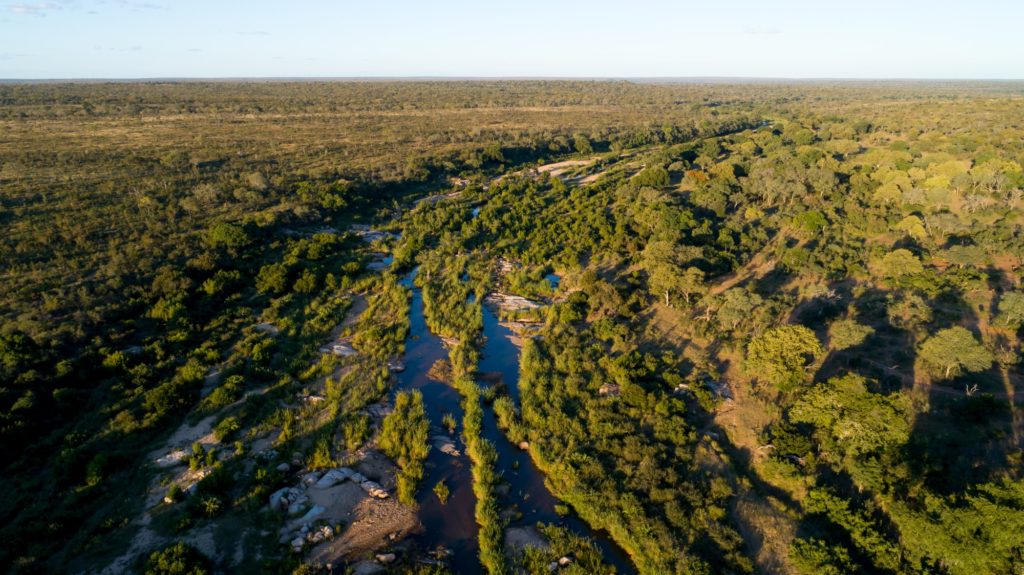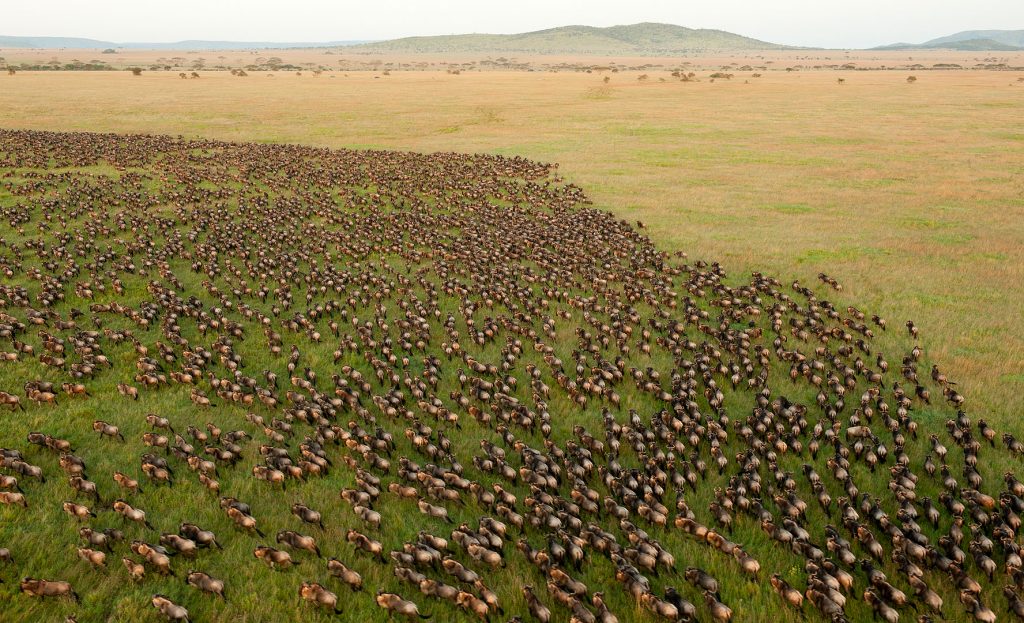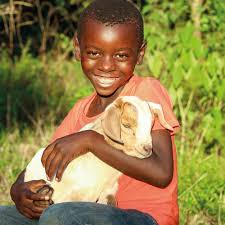Living alongside wildlife can be complicated. A farmer will struggle to enjoy the presence of predators, even if they have not attacked his livestock.
On this website, our aim is to allow people to benefit from wildlife that they share their land with, whether this is to bring in some extra money, or to pay for protection for livestock, or whether it is the primary use (any farmers care about the environment more than city dwellers, so our aim is to make sure that where possible protecting wildlife pays – by giving them the ability to list their land for people to see the wildlife that they farm beside). Whether you live or work in one of the worlds great wildernesses or national parks, or you own wilderness on the edge of one of these (Sabi sands, one of the oldest private reserves borders the Kruger) we want to help people find you, so that you can show them all the wonderful wildlife on your land.
There are examples of each type of page to look at. Do look at the ecosystem you are located in/by is already listed as we can add further options, but will not list ecosystems more than once.
We follow a relatively simplistic booking process, where a form on the website will generate an email booking. We can also include a calendar showing your availability.
There is a link to a form for each category, as well as a further form at the bottom of the page for any questions. This form includes the ability to submit photos of your offering and the wildlife in your vicinity (both are of importance, unless your wildlife destination is already listed) . We work on a simple pricing structure, where we charge you 10% of the cost of any booking that you recieve through us.
Do you run a lodge or campsite within a protected area?
As you can see we have listed a number of lodges in parts of Africa, but the aim of this site was to simplify wild travel and so we are keen to work with any lodge that would like to.
In order to list your property, we will need:
- Pictures of your accommodation, with information on cost and amenities
- Information on the wilderness that surrounds your property, whether it is information on a national park or reserve.
- Information as to what wildlife can be seen in the area, with some good pictures.
Feel free to view our lodges and reserves currently public to see what your listing can look like. If you are particular about your branding look, we are happy to put up your listing as you would like. Fill in the form at the link below
Fill in the form in this link to list your wild place -campsite lodge or similar
Or perhaps you run a wildlife hide of some kind
For many people the only way they can have a chance of seeing many animals, particularly nocturnal ones, is by sitting in a hide. Many of my most memorable wildlife moments have been had sitting in a wildlife hide watching something unfold in front of me. This need not be on protected land, so long as the hide is not ever used for hunting.
In order to list your hide, we will need:
- Pictures of your hide with information on cost and amenities.
- Pictures of the view people will get from the hide
- Pictures of some of the wildlife that has been photographed from the hide, as well as information on frequency and anything else of interest.
See our one example currently live
https://seeanimalswild.com/wildsweden-bear-hide/
Fill in the form you will find if you click on this text to list your hide (bear bird or some other hide -hunting hides not accepted)
Or perhaps you share your vicinity with wildlife
Whatever the reason that you own land, it will be part of a natural ecosystem and as such you are likely to have some animals that live on it with you. This can cause complications with many land uses such as farming, where predators may eat some of your livestock.
Many people will happily pay to have a chance of seeing some of these animals that can be a complication, and by utilising these visits you can make some extra money to help offset any financial losses from predation or damage to property.
This could range from South African farmers who share their land with cheetahs, to European farmers who might share their land with bears or wolves, or perhaps simply an active badgers sett in the UK.
Alternatively, you could own a restaurant where bush babies could be seen in the evening.
The possibilities are endless.
To be listed we will need:
Photos of your land with the animal/bird in question (or information on the ecosystem in which your land sits. It is worth looking at what is already up, as we will list ecosystems only once- so if someone has already listed your ecosystem, we can simply add your wildlife opportunity below.
Details of what you are offering and where it is
- Accommodation (camping or hut etc). This is particularly important if the wildlife is nocturnal or is based in a particularly remote area
- A game drive to see the wildlife at a set time.
- A restaurant, from which wildlife can be watched. This could be anything from interesting birds, lizards or indeed perhaps a resident bush baby
- Anything else that you can think of that follows along similar lines
Information on price
Fill in the form in this link if you see a lot of wildlife on your land and would like to be able to invite other people to see it
(opens in a new tab)
Finally, we are keen to support wildlife guides, boat trips and wildlife drives.
Even in some of the wildest places on earth, it is very easy to spend weeks there and see none of the local animals.
A wildlife guide can make a big difference. Be it a trip on a boat to sea the marine life, or a car journey into a reserve nearby.
I am aware though, how often, it is hard to connect with local guides when you are visiting an area.
As such I am keen to list local guides, and the ability to book.
To be listed, I will need:
- Some information about the wildlife you often see when you take people out, preferably with some pictures (and where)
- What services you offer (are you just a guide or can you offer a place to stay as well)
- Any other information that you would like to pass on
- Pricing
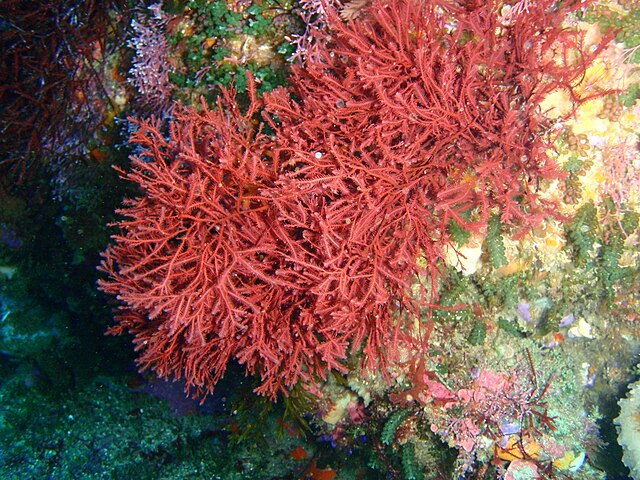

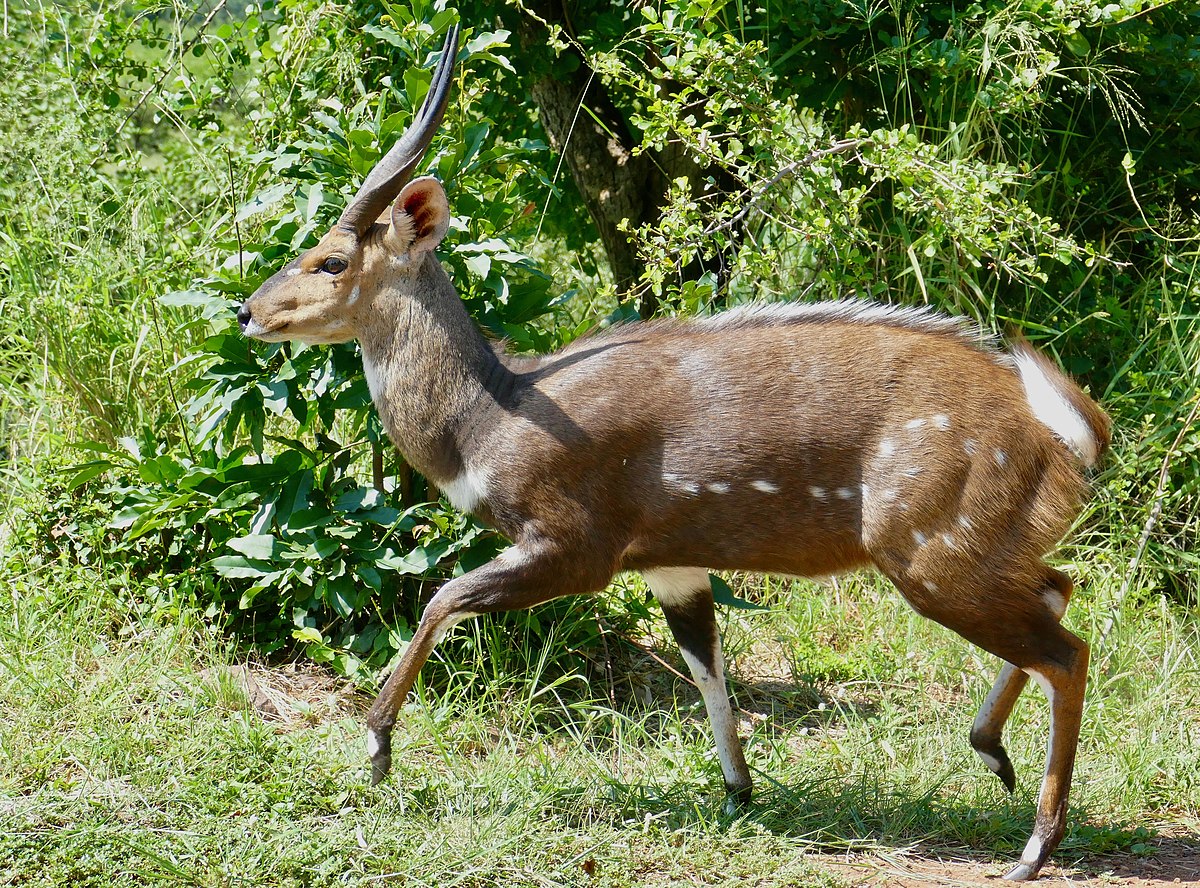
 known as imbabala is a
known as imbabala is a
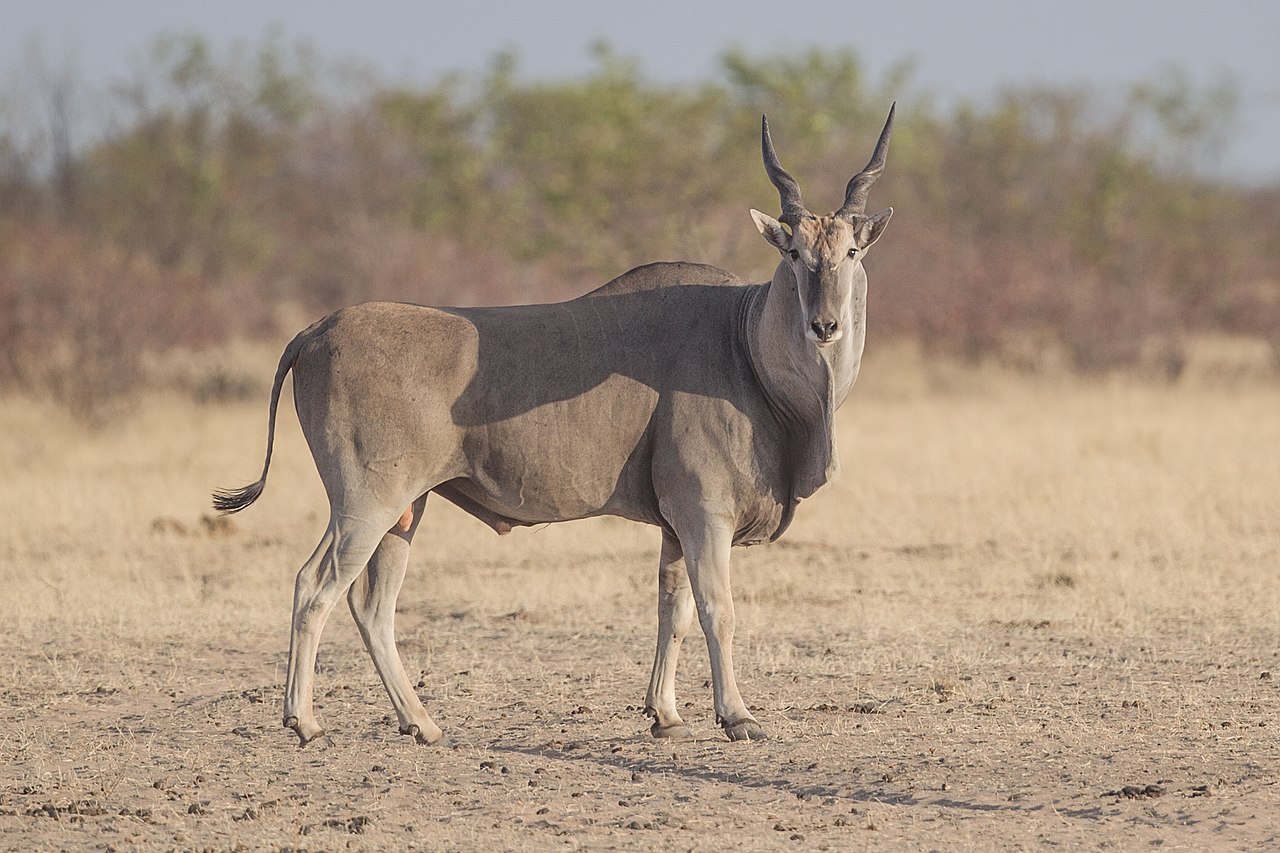
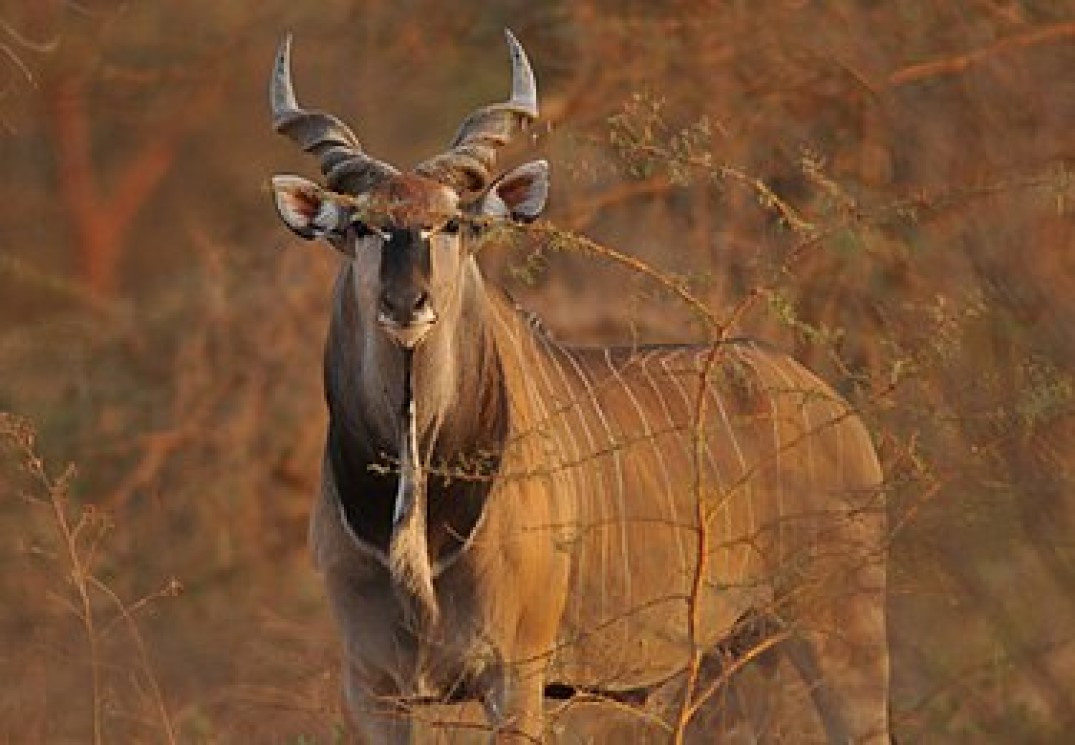

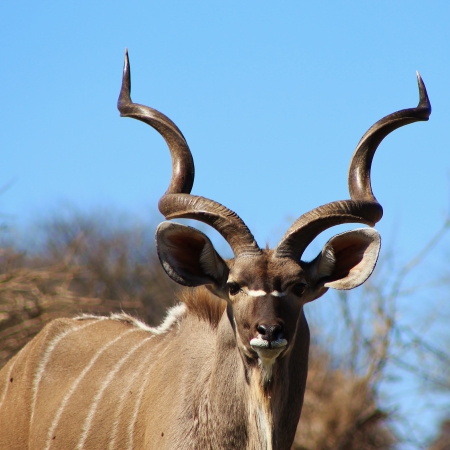
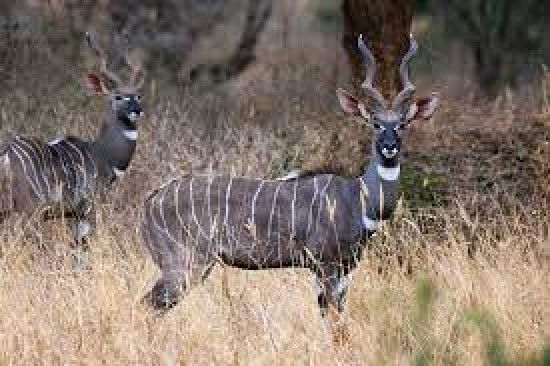
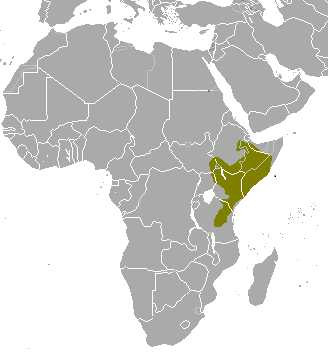
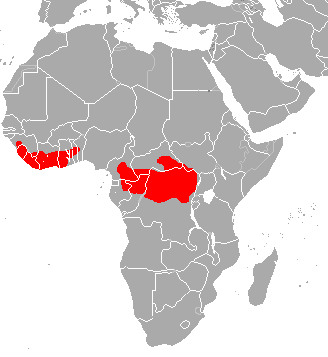 The bongo is a large, mostly nocturnal, forest-dwelling antelope, native to sub-Saharan Africa. Bongos are characterised by a striking reddish-brown coat, black and white markings, white-yellow stripes, and long slightly spiralled horns. It is the only member of its family in which both sexes have horns. Bongos have a complex social interaction and are found in African dense forest mosaics. They are the third-largest antelope in the world.
The bongo is a large, mostly nocturnal, forest-dwelling antelope, native to sub-Saharan Africa. Bongos are characterised by a striking reddish-brown coat, black and white markings, white-yellow stripes, and long slightly spiralled horns. It is the only member of its family in which both sexes have horns. Bongos have a complex social interaction and are found in African dense forest mosaics. They are the third-largest antelope in the world.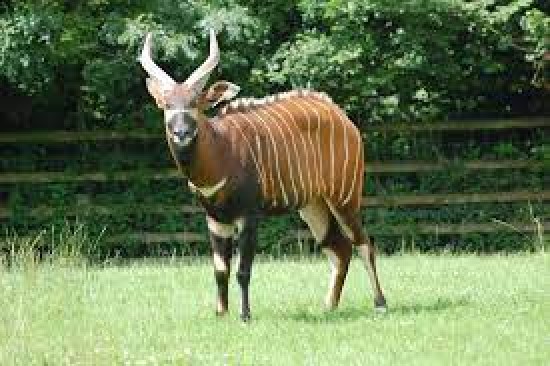
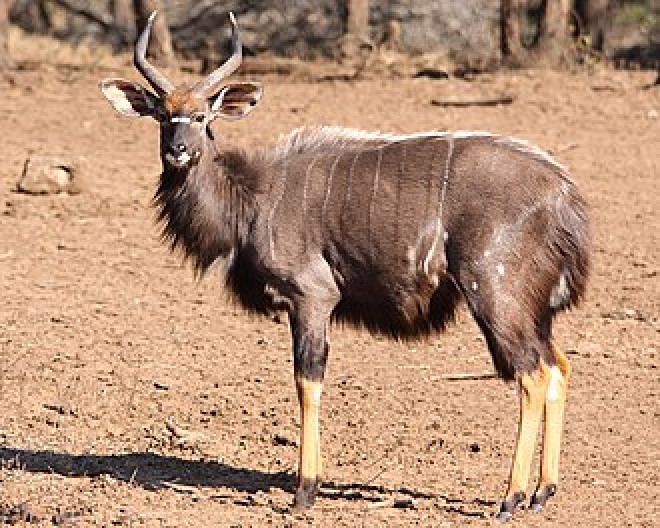


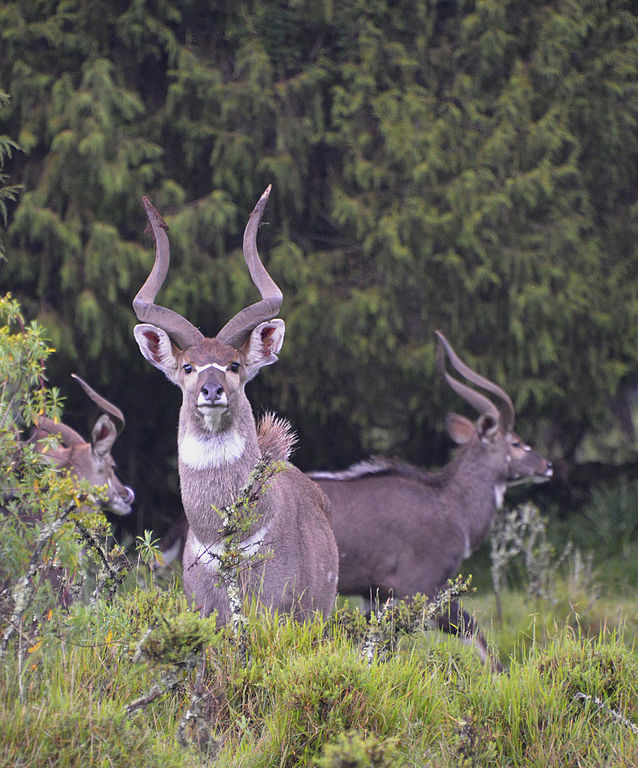

 swamp-dwelling medium-sized antelope found throughout central Africa (see the map to the right. The sitatunga is mostly confined to swampy and marshy habitats. Here they occur in tall and dense vegetation as well as seasonal swamps, marshy clearings in forests, riparian thickets and mangrove swamps.
swamp-dwelling medium-sized antelope found throughout central Africa (see the map to the right. The sitatunga is mostly confined to swampy and marshy habitats. Here they occur in tall and dense vegetation as well as seasonal swamps, marshy clearings in forests, riparian thickets and mangrove swamps.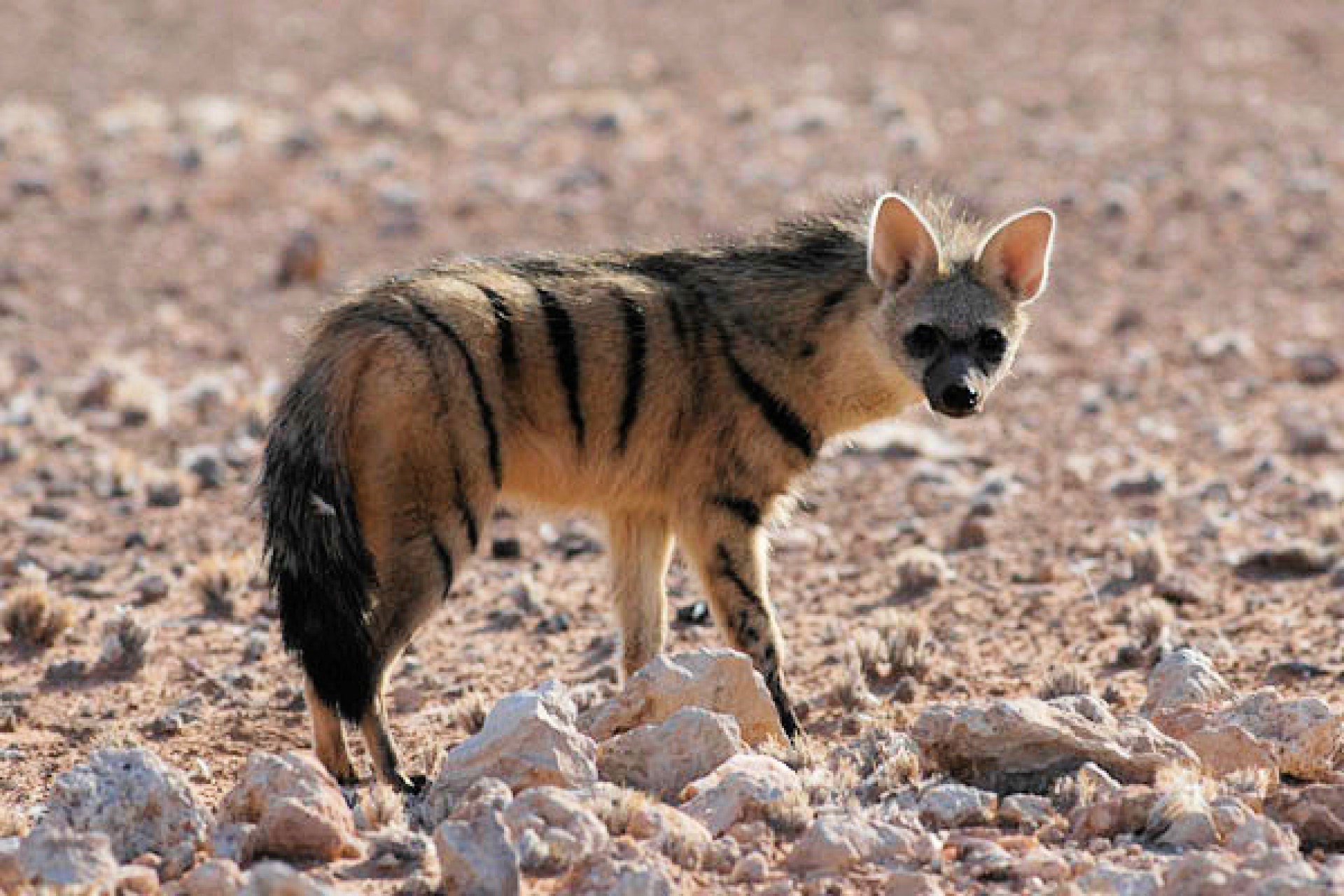
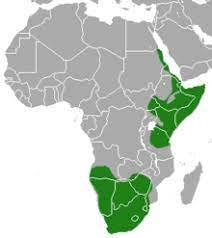 The aardwolf is the smallest member of the Hyaenidae family, as you can see from the map, it is a species with two separated populations, one in East Africa and one in Southern Africa. It is insectivorous, and exclusively nocturnal, and is generally thought of as one of the harder animals to see in the wild. If incredibly lucky, you can see them feeding alongside Aardvarks, and even Pangolins, but this is rare. They favour open dry plains and savannahs.
The aardwolf is the smallest member of the Hyaenidae family, as you can see from the map, it is a species with two separated populations, one in East Africa and one in Southern Africa. It is insectivorous, and exclusively nocturnal, and is generally thought of as one of the harder animals to see in the wild. If incredibly lucky, you can see them feeding alongside Aardvarks, and even Pangolins, but this is rare. They favour open dry plains and savannahs.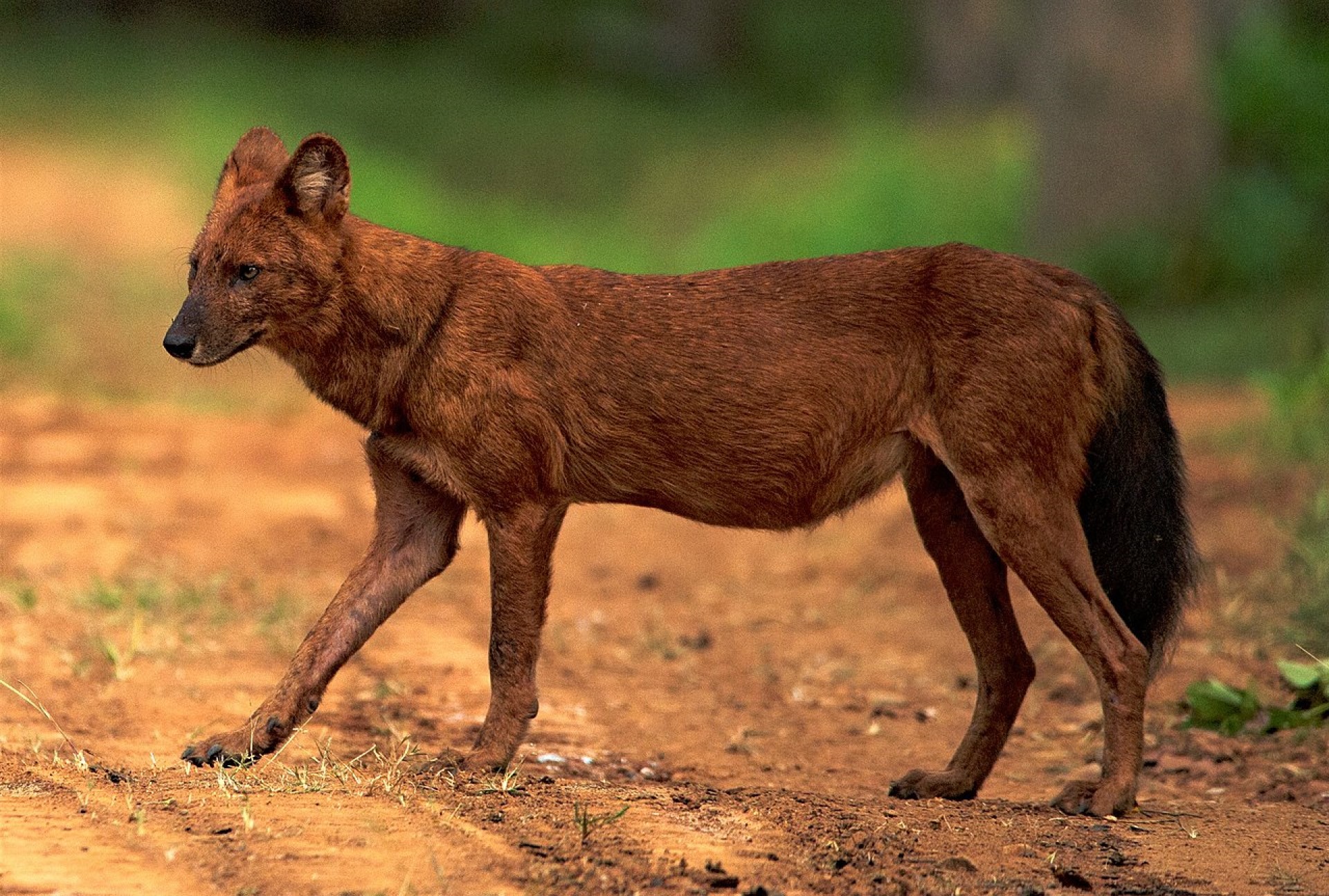
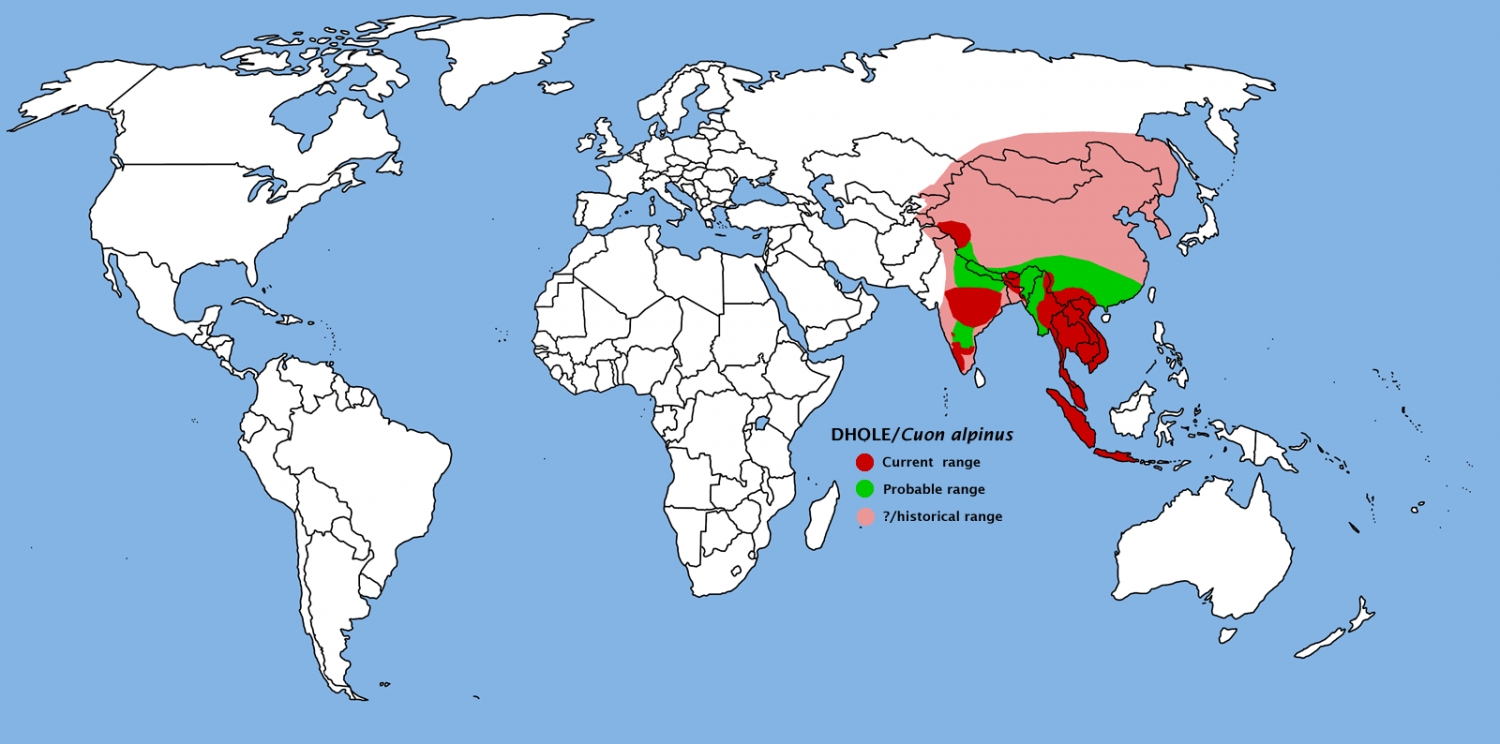 The Dhole is an ancient species of dog, It split from the rest of the dog family 5.2-7.6 million years ago.
The Dhole is an ancient species of dog, It split from the rest of the dog family 5.2-7.6 million years ago.
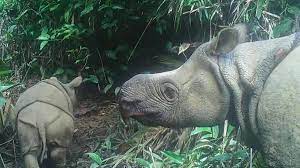
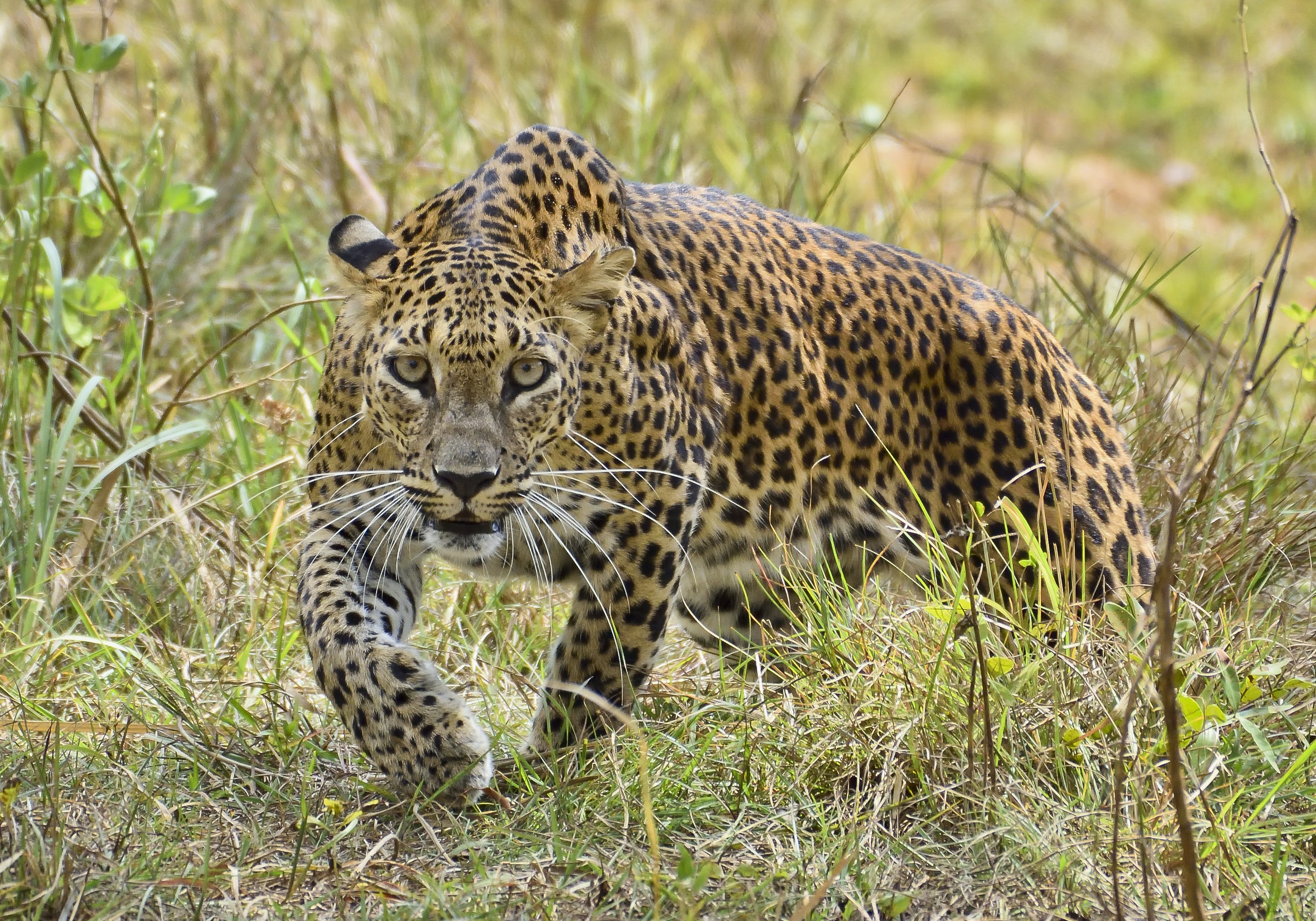
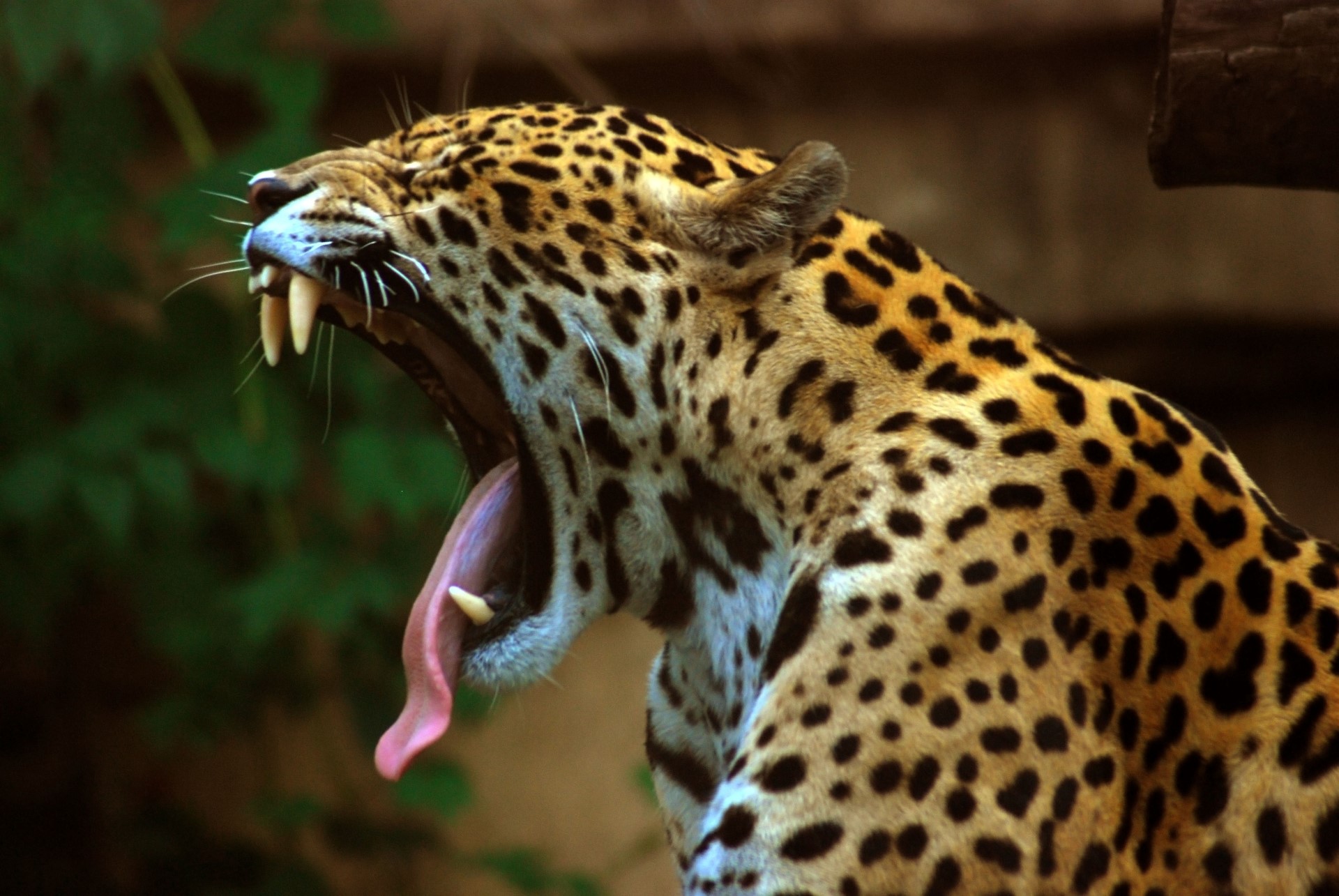

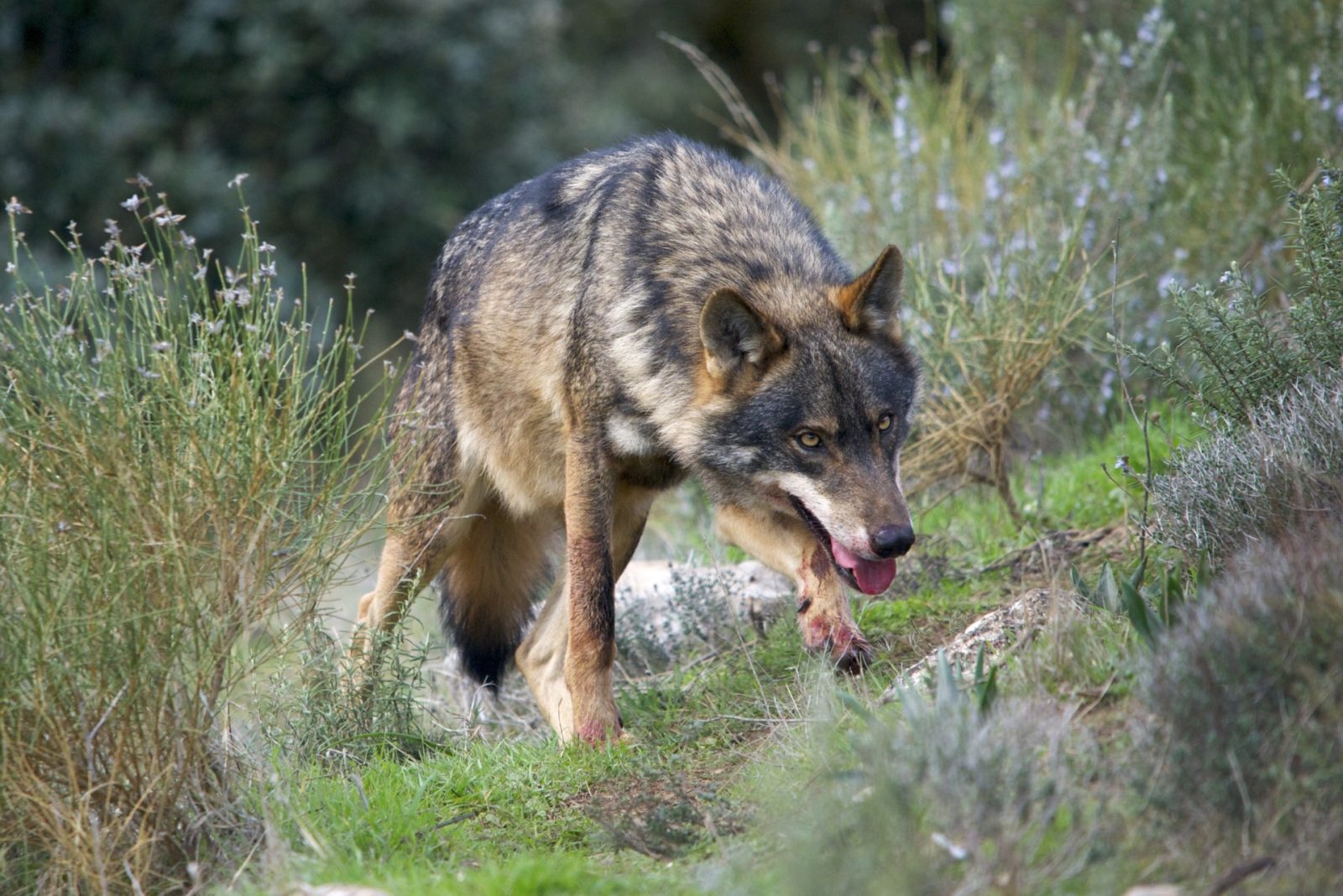

 The Iberian wolf is a subspecies of the grey wolf found on the Iberian peninsular. It reached its minimum in the 1970s with 500-700 iindividuals living in the wild. Until the middle of the 19th century, it was widespread, throughout the Iberian peninsular. It should be noted, that wolves have never had high densities, and the wolves of western Europe are not thought to have ever had a population much above 848–26 774 (depending on which end of the estimate you rely – but is the founding population of both the Iberian and Apennine population).
The Iberian wolf is a subspecies of the grey wolf found on the Iberian peninsular. It reached its minimum in the 1970s with 500-700 iindividuals living in the wild. Until the middle of the 19th century, it was widespread, throughout the Iberian peninsular. It should be noted, that wolves have never had high densities, and the wolves of western Europe are not thought to have ever had a population much above 848–26 774 (depending on which end of the estimate you rely – but is the founding population of both the Iberian and Apennine population).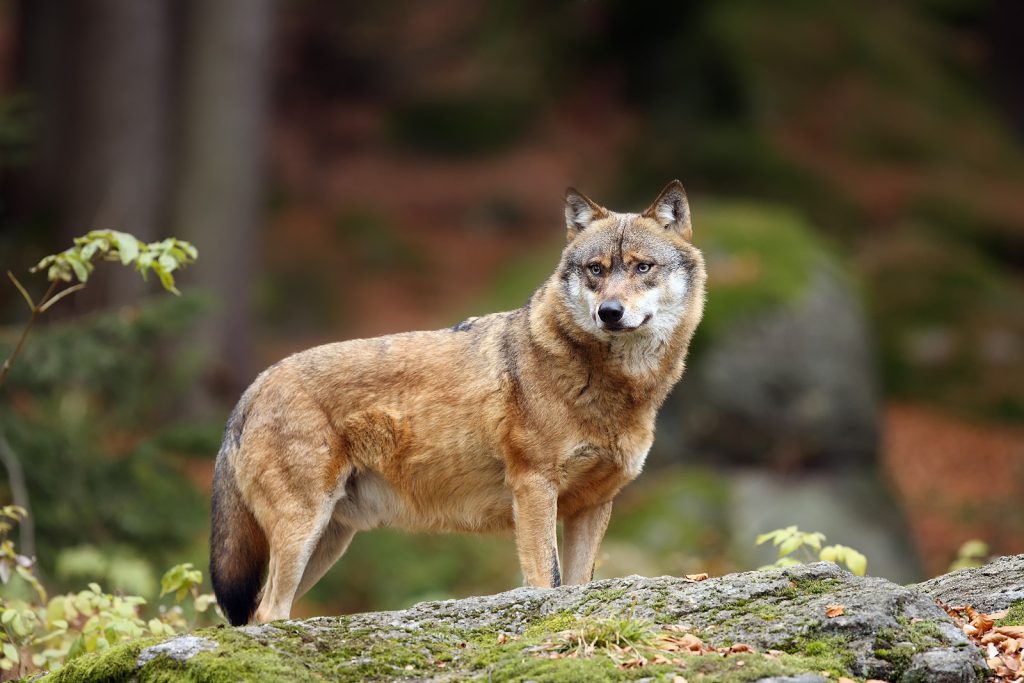
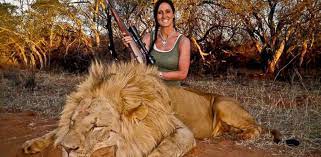
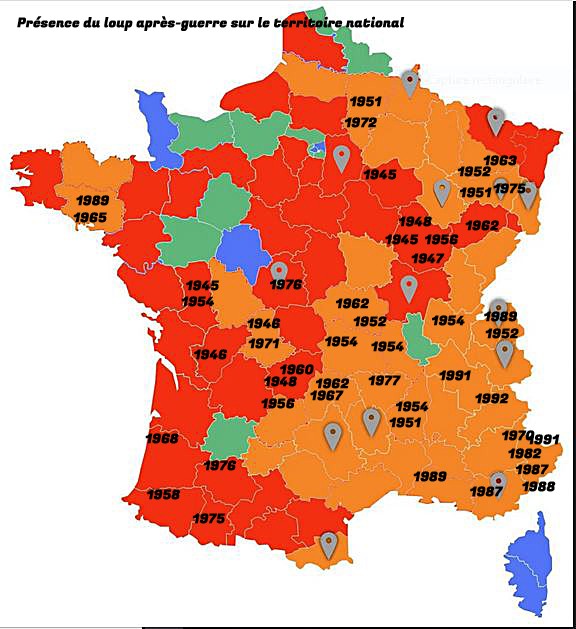
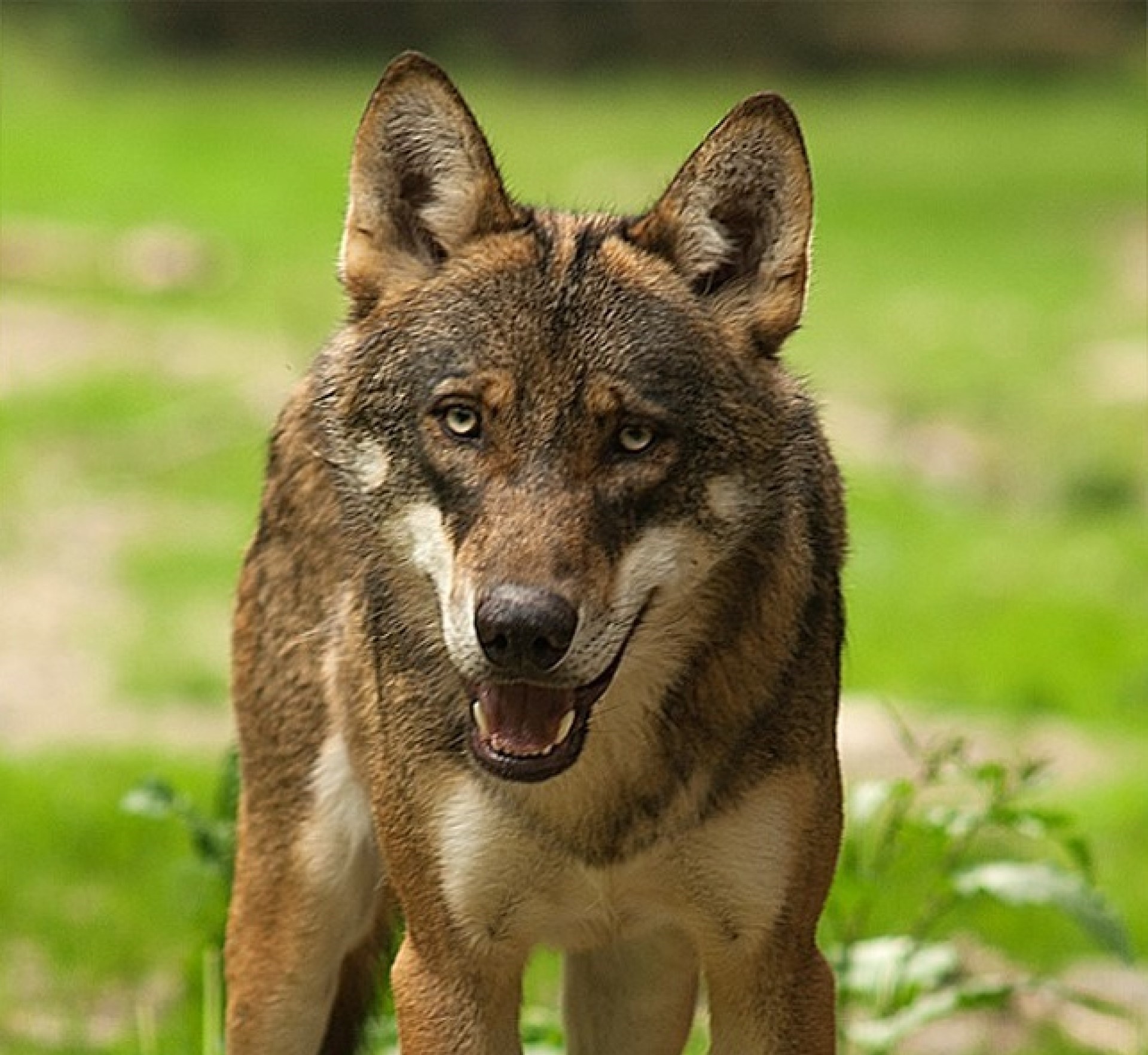
 The Apennine wolf is also known as the Italian wolf. Back in the 1970s the population reached its minimum, where the population reached 70-100 individuals. It has recovered well since then, with an Italian population of roughly 3300. However, since the early 1990s, this subspecies has been gradually moving into France. As such, at the end of 2022 the number was estimated at 1104 wolves in France.
The Apennine wolf is also known as the Italian wolf. Back in the 1970s the population reached its minimum, where the population reached 70-100 individuals. It has recovered well since then, with an Italian population of roughly 3300. However, since the early 1990s, this subspecies has been gradually moving into France. As such, at the end of 2022 the number was estimated at 1104 wolves in France.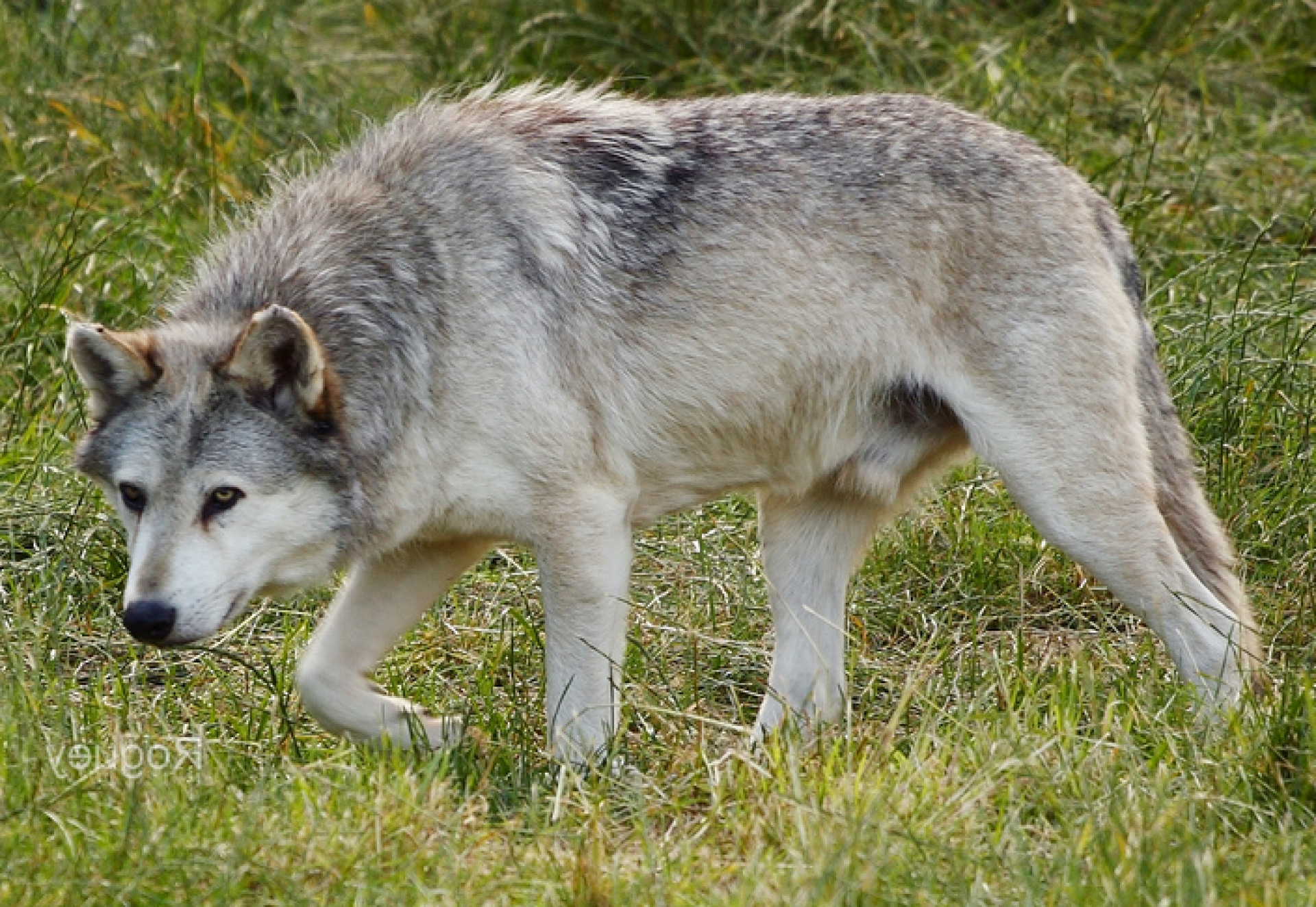
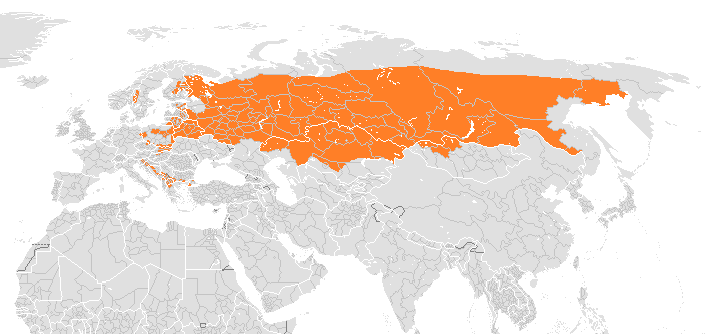 The Eurasian wolf (often referred to as the Russian wolf), is the subspecies which runs down the east coast of the Adriatic sea, as well as the majority of Russia and northern Europe.
The Eurasian wolf (often referred to as the Russian wolf), is the subspecies which runs down the east coast of the Adriatic sea, as well as the majority of Russia and northern Europe. 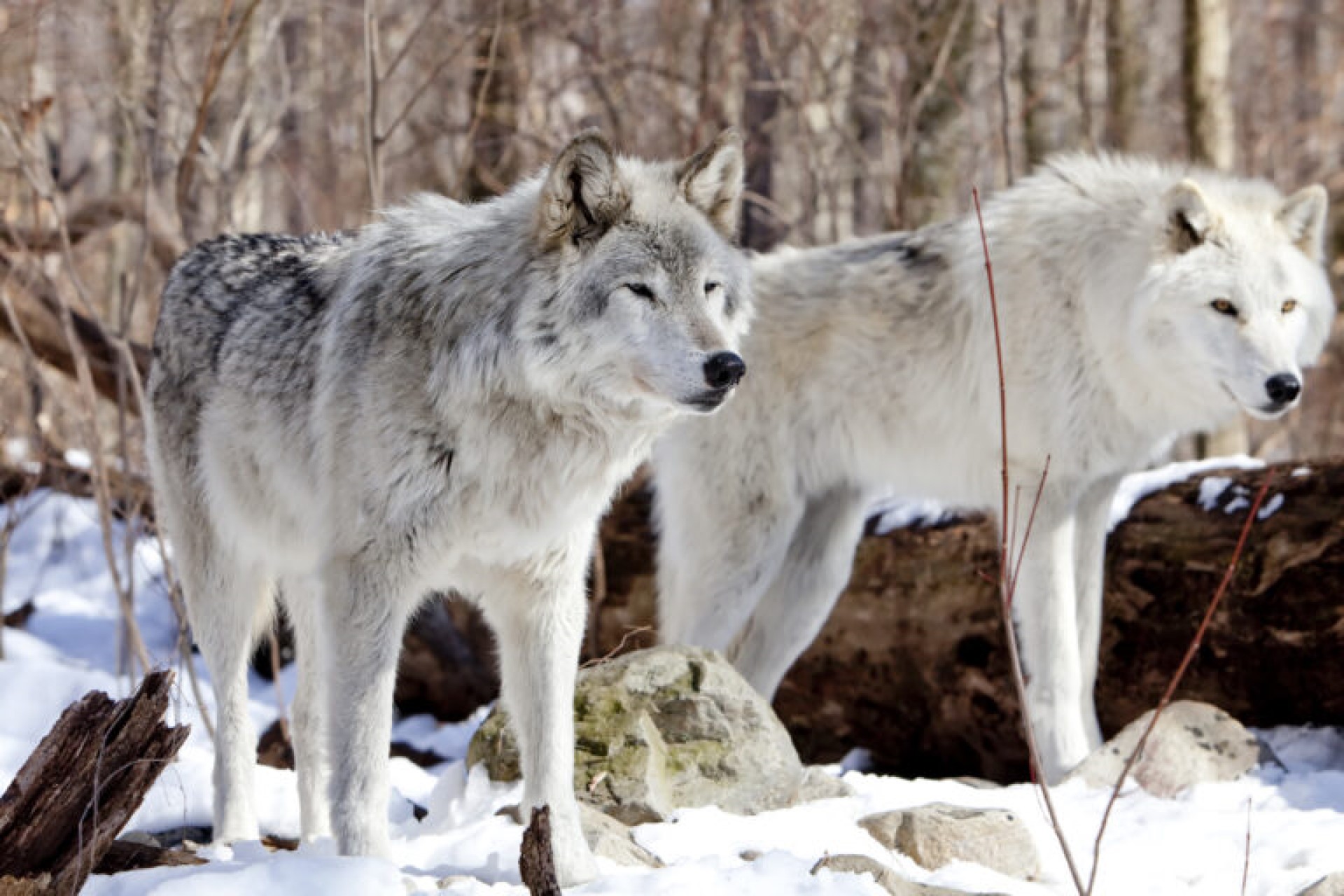
 The Tundra wolf – Canis lupus Albus is the Eurasian equivalent of the Arctic wolf. Also known as the Turukhan wolf, it is native to Eurasia’s tundra and forest-tundra zones from Finland to the Kamchatka Peninsula. It was first described in 1792 by Robert Kerr.
The Tundra wolf – Canis lupus Albus is the Eurasian equivalent of the Arctic wolf. Also known as the Turukhan wolf, it is native to Eurasia’s tundra and forest-tundra zones from Finland to the Kamchatka Peninsula. It was first described in 1792 by Robert Kerr.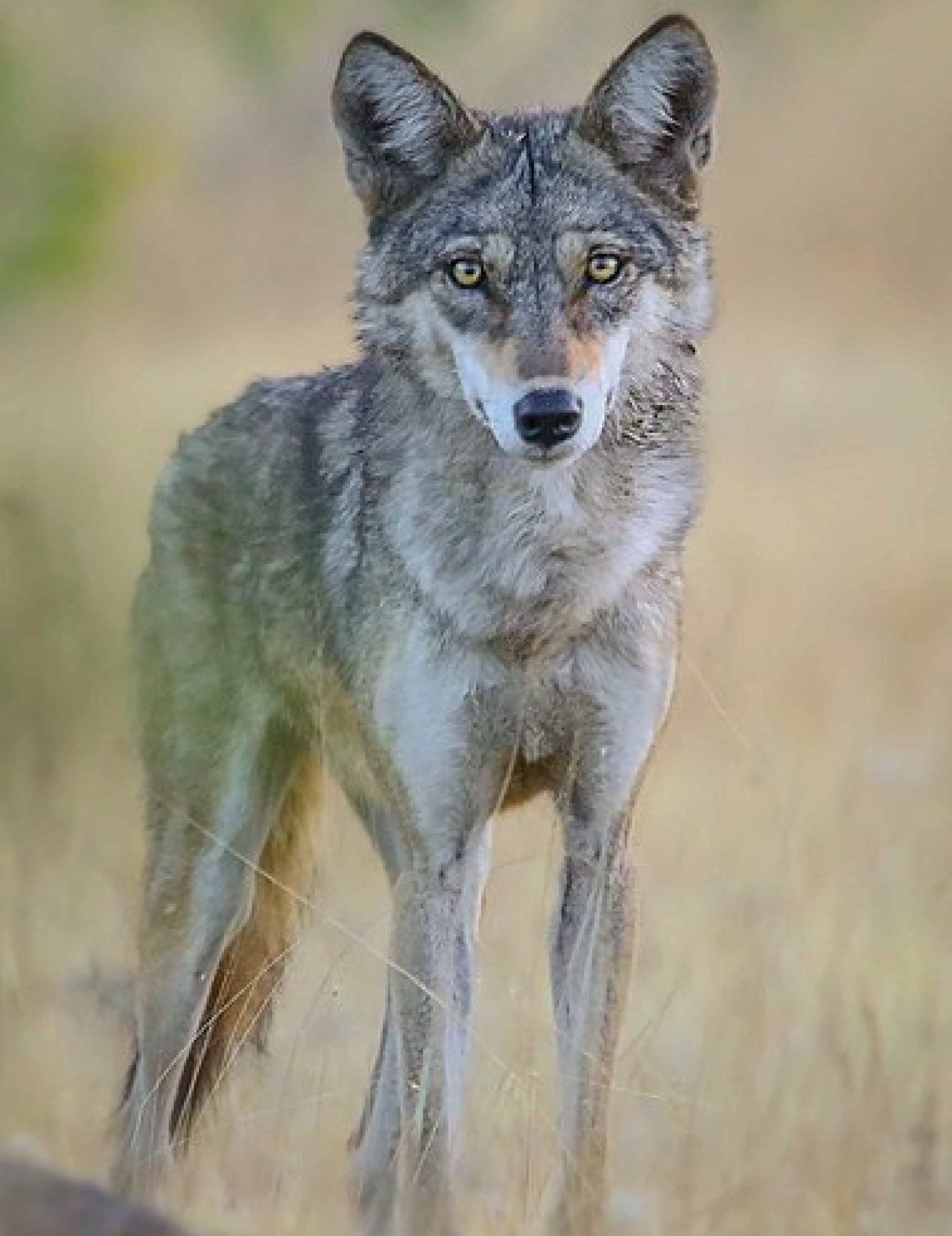
 The Indian wolf is one of the more well known, partly as their starring role in the Jungle book by Rudyard Kipling. I do remember my great grandmother talking about seeing 4 wolves running in the distance. It is thought to have 2000-3000 individuals left in the wild, though given its former large range, this does not appear very high. It should not be surprising, therefore, to hear that this is considered as one of the most endangered subspecies of the grey wolf – it officially has the conservation status of endangered – now it is considered endangered, and people talk about it at high risk, but it should be remembered that there are still 2000-3000, which is a pretty high number for a species considered more than just endangered.
The Indian wolf is one of the more well known, partly as their starring role in the Jungle book by Rudyard Kipling. I do remember my great grandmother talking about seeing 4 wolves running in the distance. It is thought to have 2000-3000 individuals left in the wild, though given its former large range, this does not appear very high. It should not be surprising, therefore, to hear that this is considered as one of the most endangered subspecies of the grey wolf – it officially has the conservation status of endangered – now it is considered endangered, and people talk about it at high risk, but it should be remembered that there are still 2000-3000, which is a pretty high number for a species considered more than just endangered.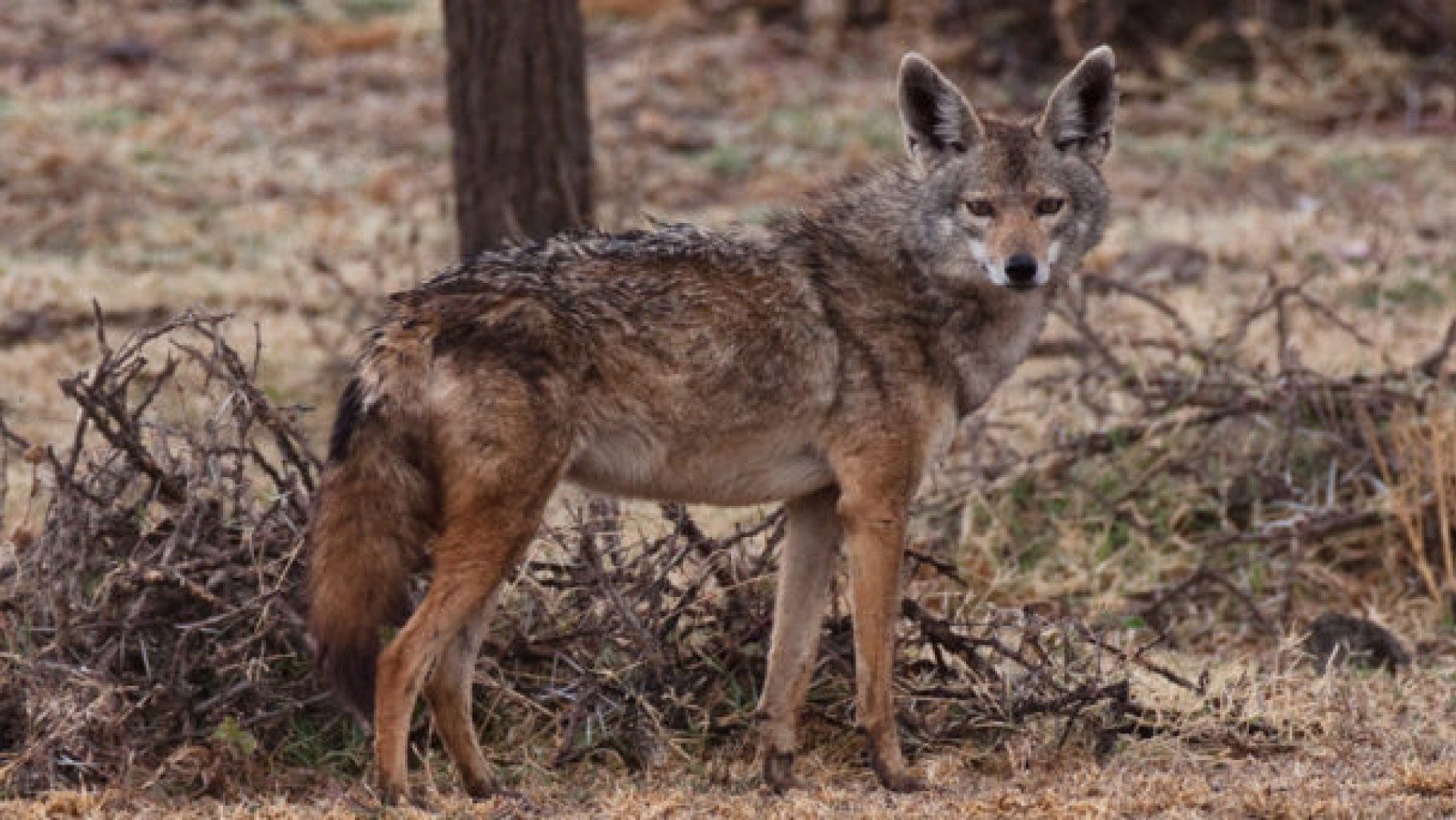
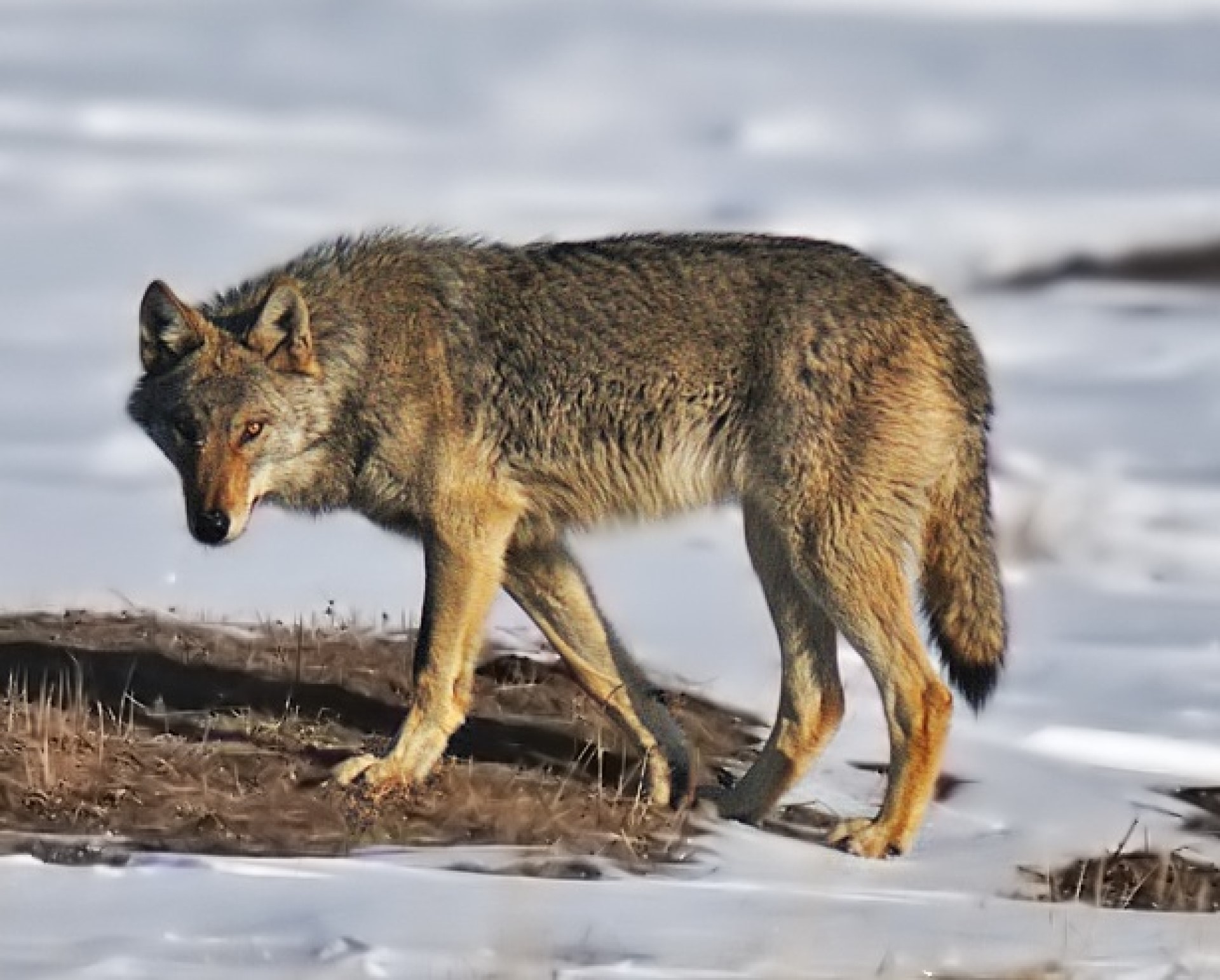
 The Steppe wolf also known as the Caspian sea wolf is a wolf subspecies that is found in the region around the Caspian sea, though the Steppe wolf is perhaps more useful a name as it extends far from the Caspian sea. Much of its range is in Kazakhstan as the working figure is 30,000 individuals, however, the survey which produced this number was completed in 2007, and given the lack of any protection and the widespread enjoyment, got from hunting wolves, it seems highly unlikely that the current population is anywhere near that size.
The Steppe wolf also known as the Caspian sea wolf is a wolf subspecies that is found in the region around the Caspian sea, though the Steppe wolf is perhaps more useful a name as it extends far from the Caspian sea. Much of its range is in Kazakhstan as the working figure is 30,000 individuals, however, the survey which produced this number was completed in 2007, and given the lack of any protection and the widespread enjoyment, got from hunting wolves, it seems highly unlikely that the current population is anywhere near that size. 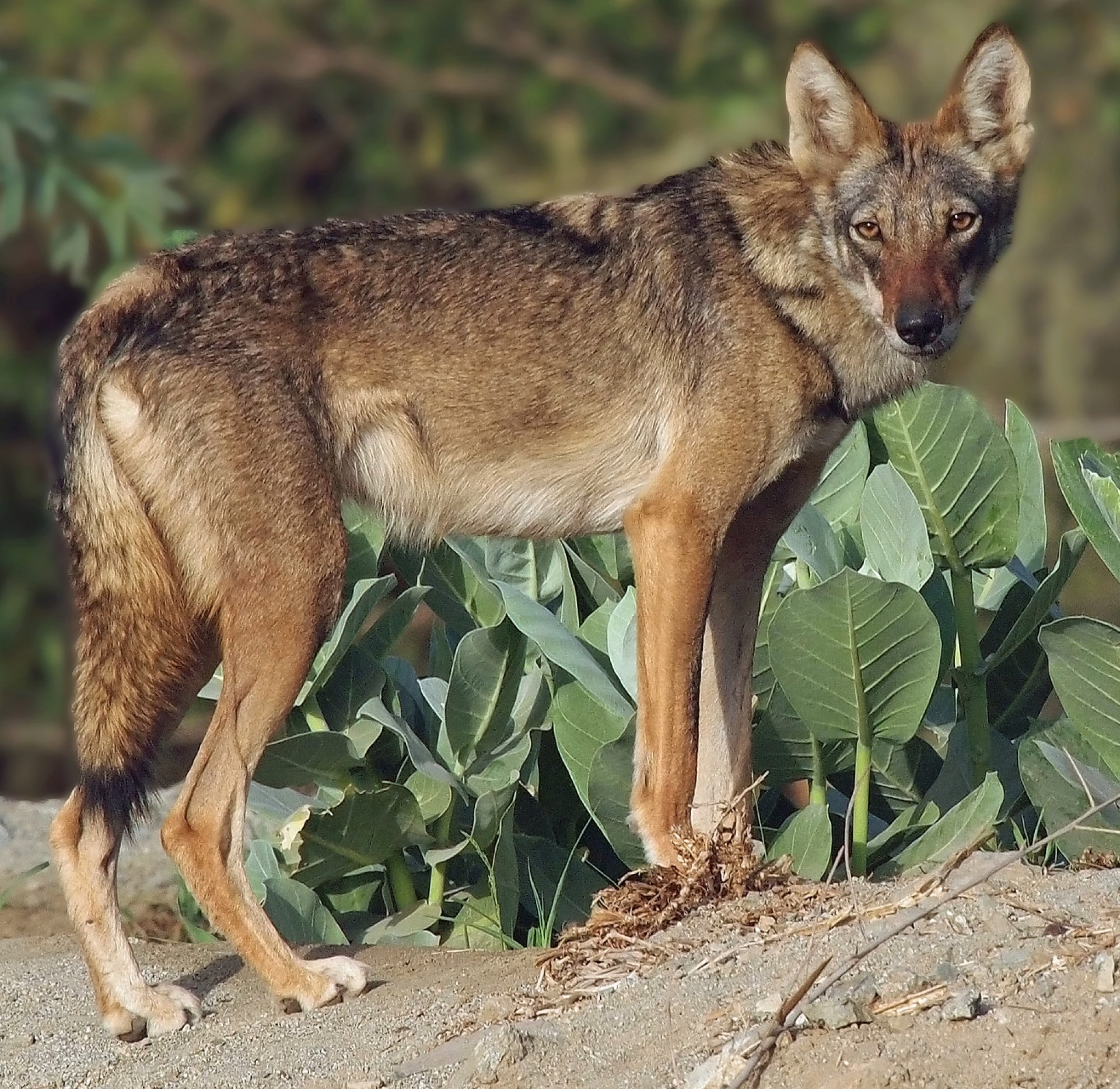
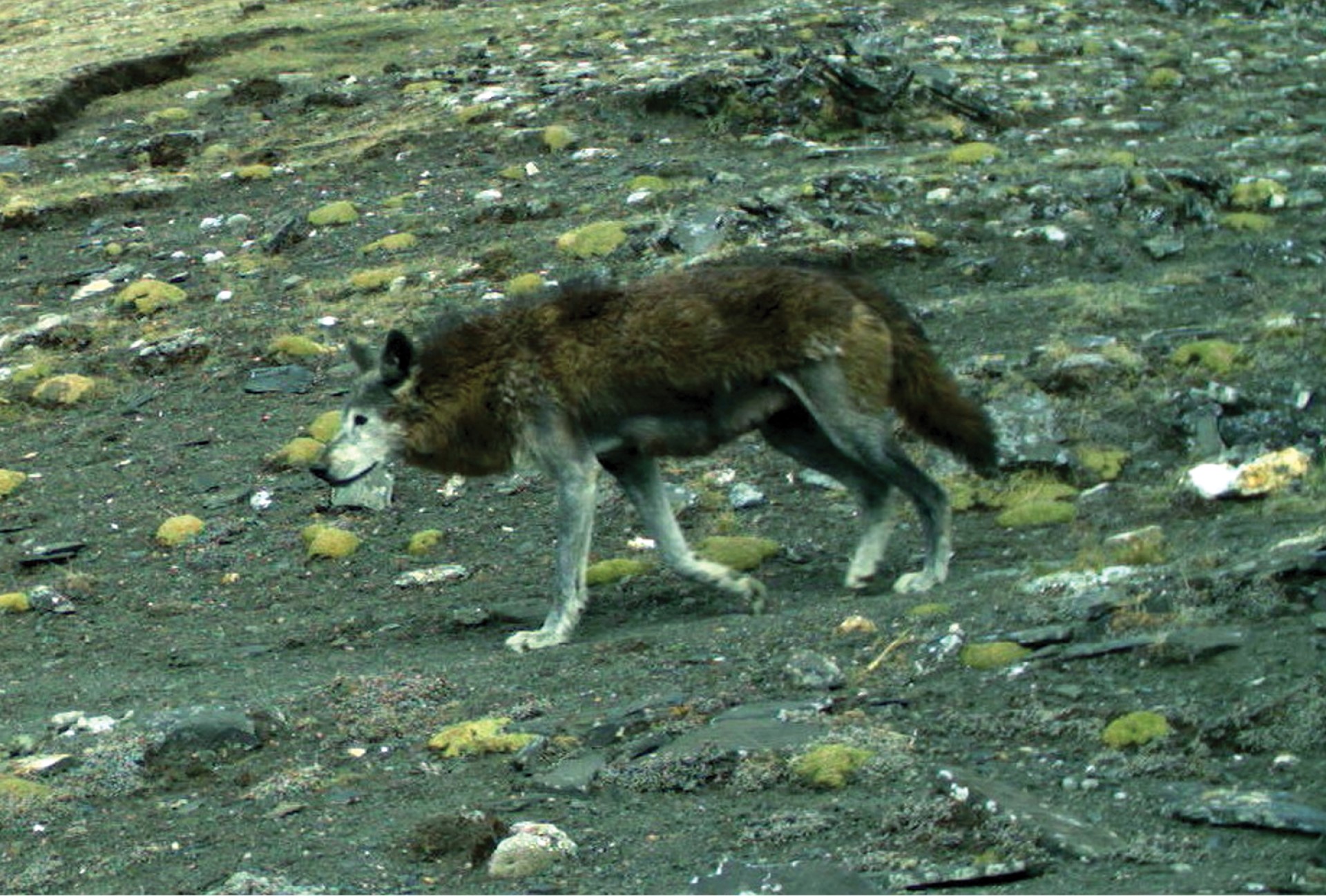

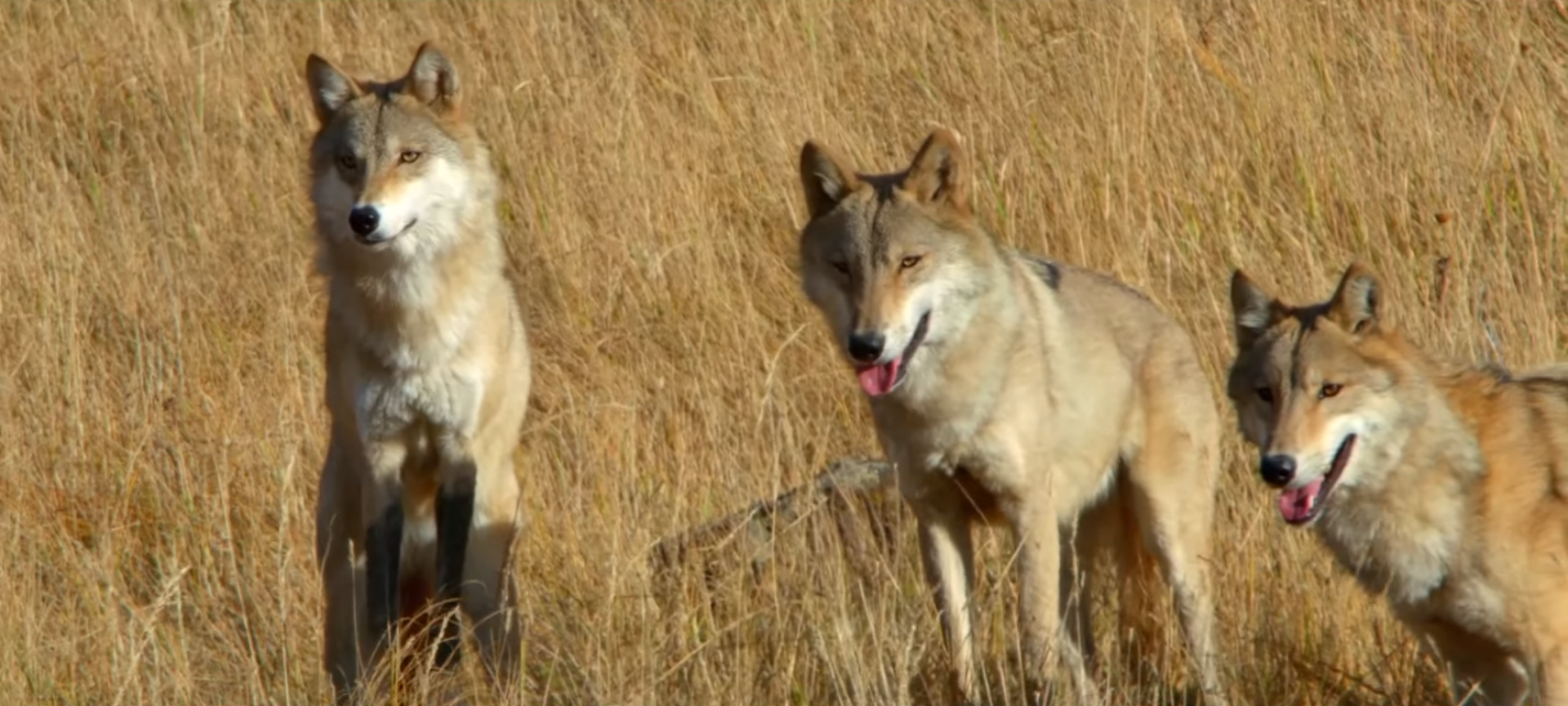
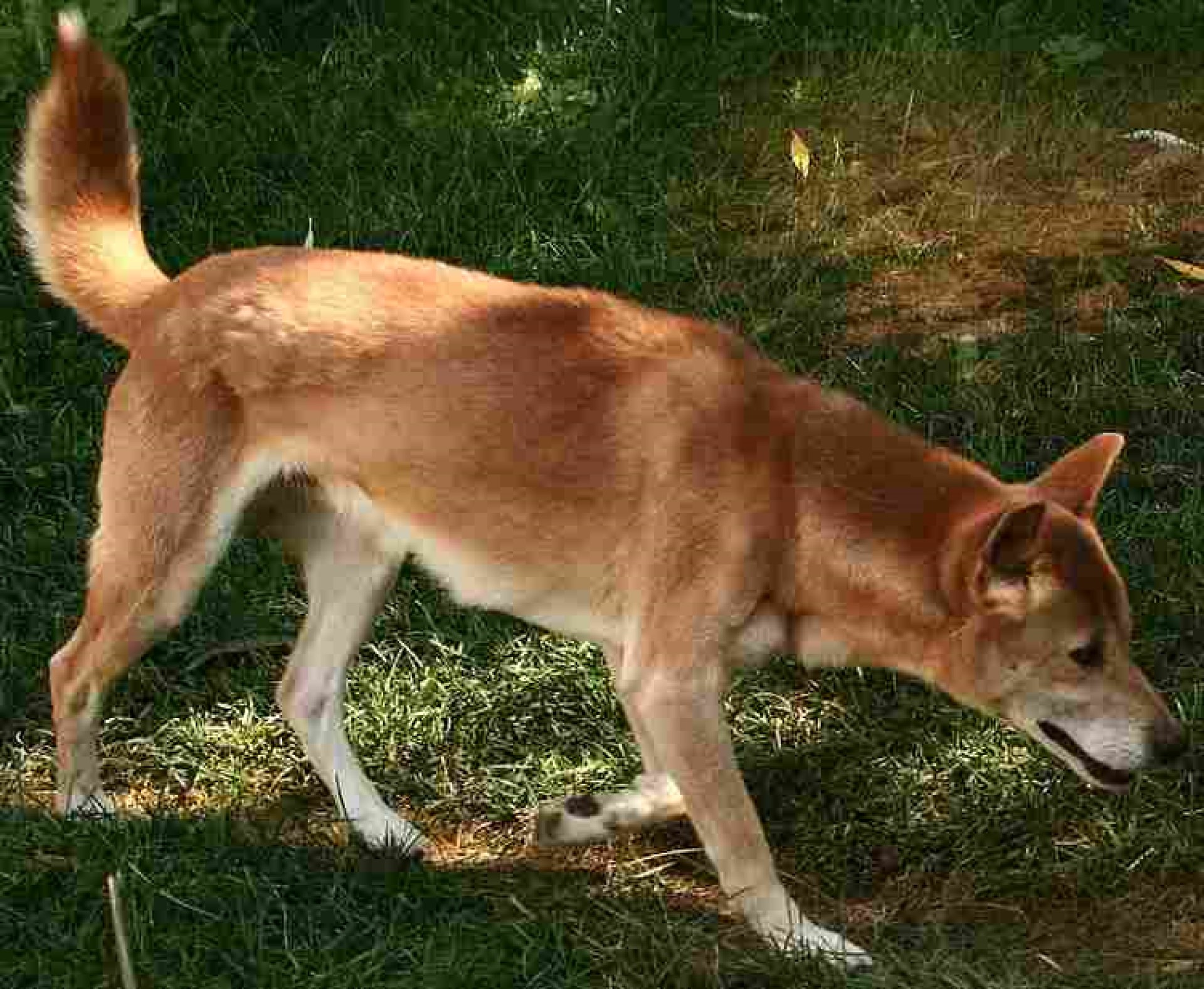
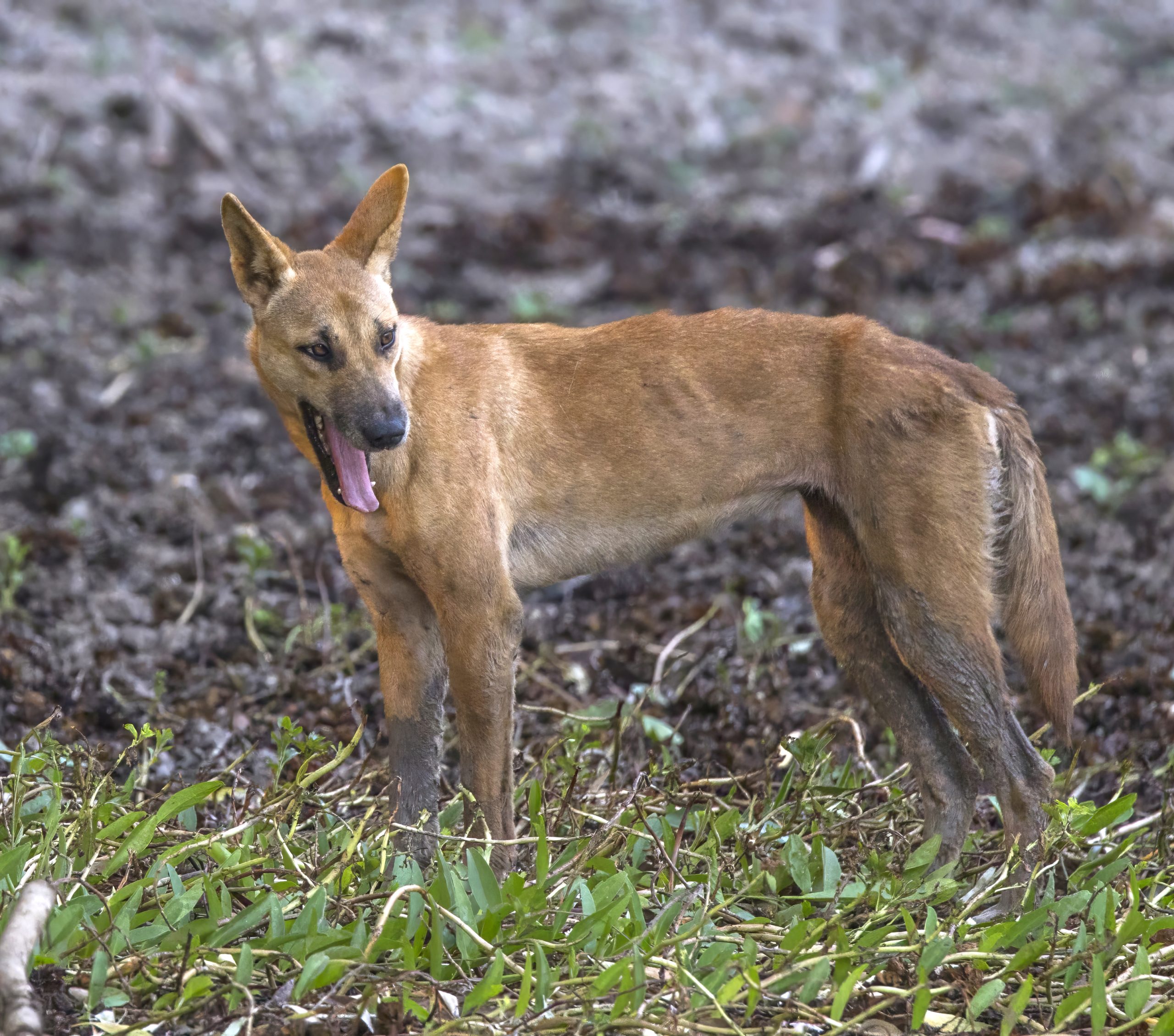
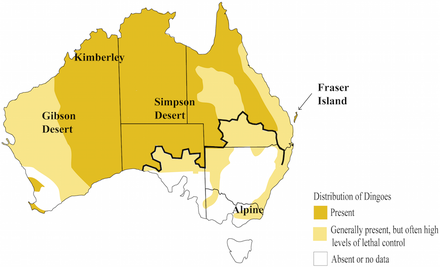 Closely related to the new Guinea singing dog, the Dingo is a dog species that has a relatively wide range. There is some debate about how it got to some of its homes, and whether it may have come alongside early humans.
Closely related to the new Guinea singing dog, the Dingo is a dog species that has a relatively wide range. There is some debate about how it got to some of its homes, and whether it may have come alongside early humans.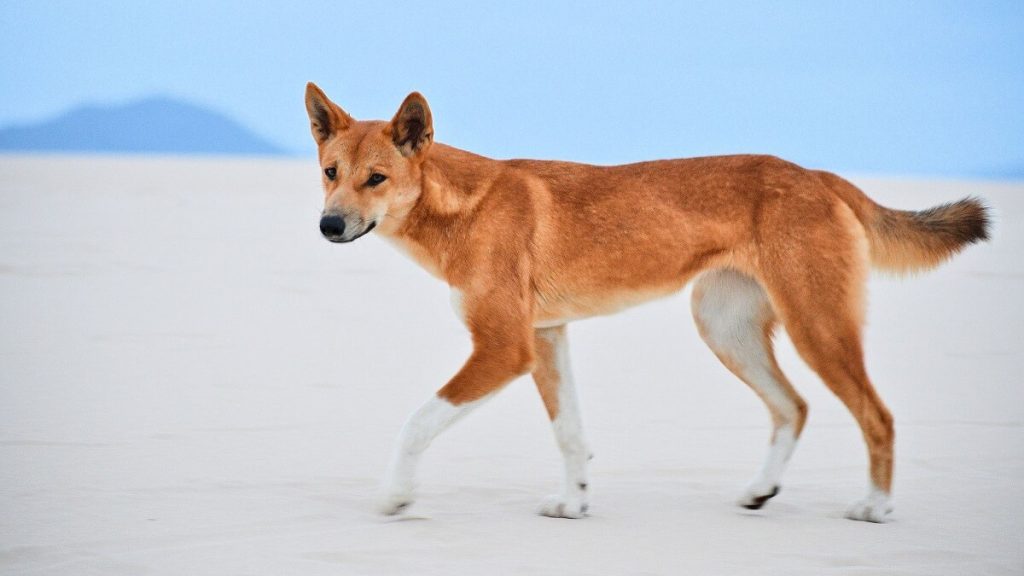

 New world wolf subspecies- until recently, as many as 38 wolf subspecies were recognized in North America. The current agreement is that there is just 4-6 (it should be noted that while it has been a debate for over a century, the current agreement is that the red wolf is a separate species and not a subspecies of the grey wolf).
New world wolf subspecies- until recently, as many as 38 wolf subspecies were recognized in North America. The current agreement is that there is just 4-6 (it should be noted that while it has been a debate for over a century, the current agreement is that the red wolf is a separate species and not a subspecies of the grey wolf). 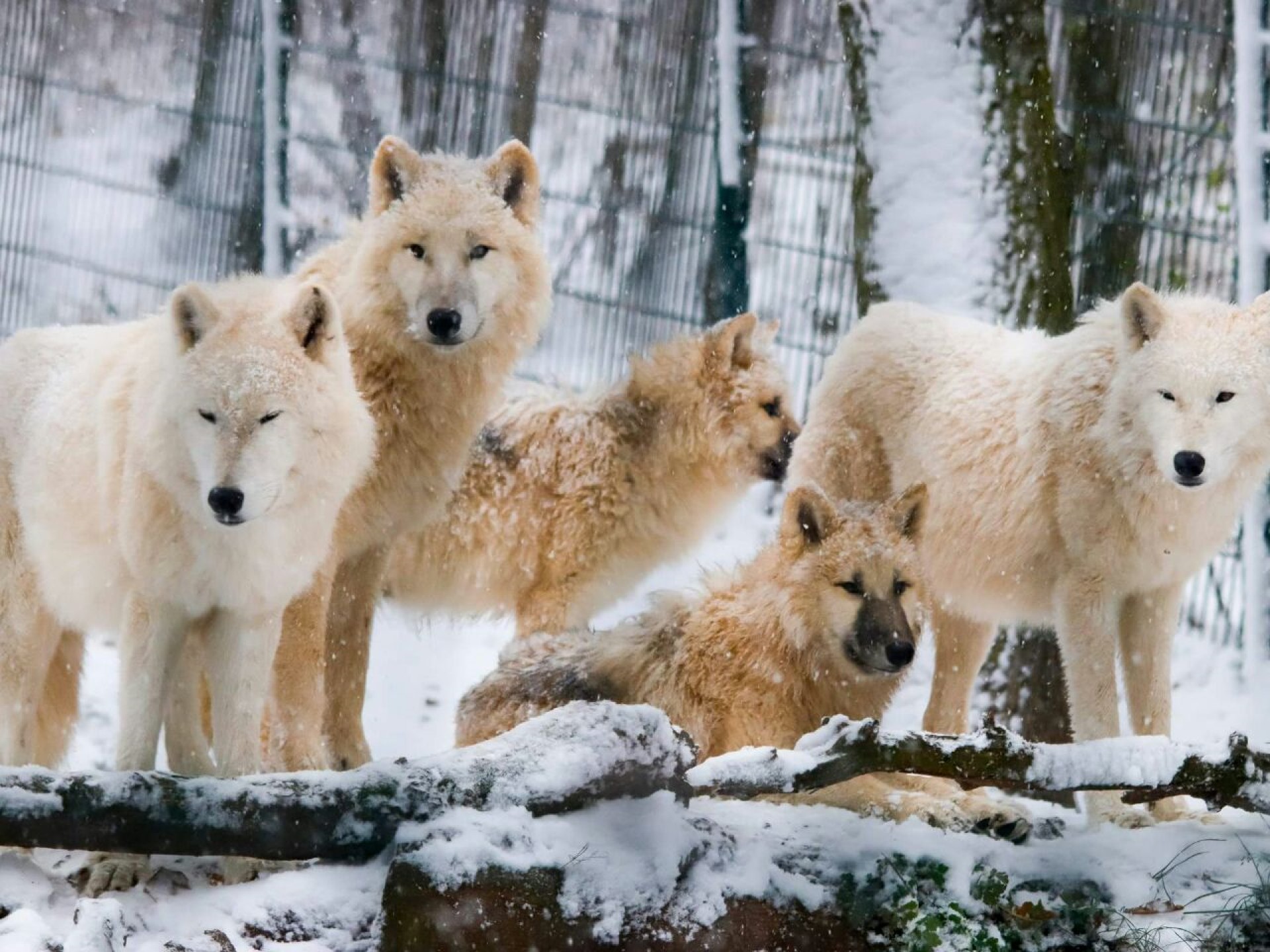
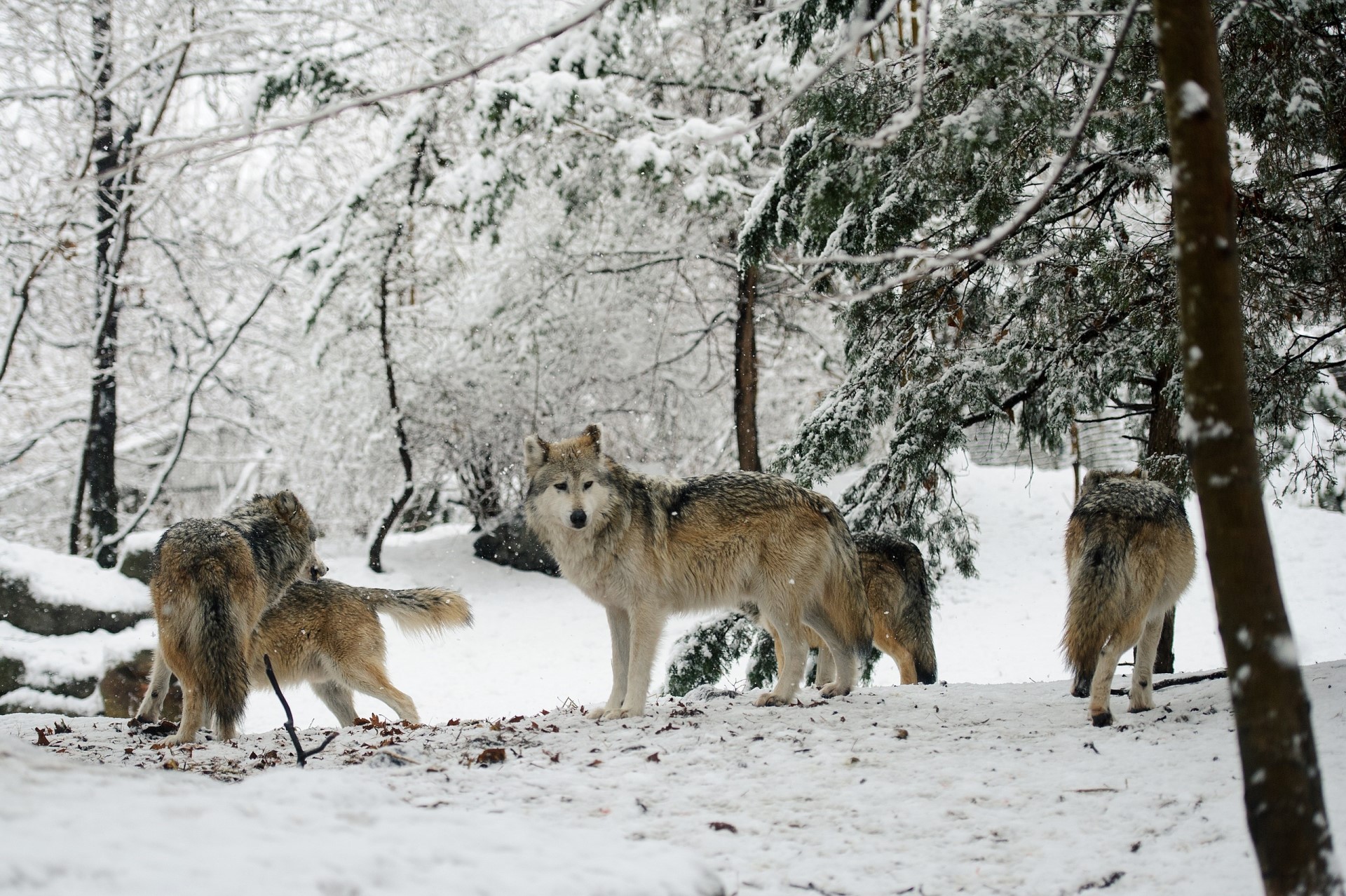
 Mexican wolves (scientific name is Canis lupus baileyi) are currently only found in a small area as seen on the map to the right. It is a fantastic improvement on the situation around 1970 when the species was extinct in the wild. The first reintroduction was carried out in 1998. Unfortunately, founded by just 7 individuals, the population is highly inbred. Never-the-less, currently, the USA has 257 wild Mexican wolves, while 57 live across the border in Mexico, up from just 11 that were reintroduced into the wild. A further 380 are in captivity.
Mexican wolves (scientific name is Canis lupus baileyi) are currently only found in a small area as seen on the map to the right. It is a fantastic improvement on the situation around 1970 when the species was extinct in the wild. The first reintroduction was carried out in 1998. Unfortunately, founded by just 7 individuals, the population is highly inbred. Never-the-less, currently, the USA has 257 wild Mexican wolves, while 57 live across the border in Mexico, up from just 11 that were reintroduced into the wild. A further 380 are in captivity. 